Gallatin junior Anabel Giacobbi’s horse-riding journey began when she was put on a horse for the first time at two years old by her parents. Growing up in Brooklyn, Giacobbi could not quench the desire to ride, inventing an imaginary horse named “Arro” to be her four-year-old childhood companion while enjoying Prospect Park.
For many on the NYU equestrian team, their passion for horses started early and has evolved ever since. The club team has fostered a space for horse-riding enthusiasts to continue riding, even in a city where riding is not so accessible — traveling an hour and a half to the Old Towne Equestrian Center on Long Island.
“It’s unbelievable to me that I get to do this in college,” Giacobbi said.
Living in Brooklyn, Giacobbi could only spend her summers on horseback, practicing ranching and other out-of-the-saddle ground skills — she never felt like she had enough time on her horse.
“There was this desire to do this activity,” Giacobbi said. “But it was always a little bit out of reach for me, even when I was riding just once or twice a week.”
Meanwhile, CAS senior and team captain Francesca Barbano grew up riding regularly in her hometown of Los Angeles with week-long competitions built into her schedule from February to December. She started to make a name for herself on the circuit when she was just 14 years old.
For Barbano and Giacobbi, as well as others on the team, riding is deeply entrenched into their daily lives, in a way that many who are unfamiliar with the sport do not understand.
“When I was in high school, I totally got teased by my friends for riding,” Barbano said. “They were like, ‘you’re a horse girl,’ which is true. I was — am.”
But the common jests made by friends overshadow both the skill required for the sport and the special relationship riders have with it.
The NYU equestrian team is evaluated on the hunt seat equitation, a form of English riding evaluation that judges points based on posture and form. Being able to merely perform movement sequences, or jumps over fences, is not enough — riders must also adhere to the visual standards of the judges. For Giacobbi, whose Western riding background did not include this visual training, adjusting to the standards of hunt seat equitation took a bit of work.
Those who are not very familiar with riding frequently underestimate the sport’s difficulty.
“People tell me, ‘Oh it’s not a sport, it’s super easy, I could ride a horse,’” Barbano said, referring to the attitudes she’d hear from people while growing up in the sport. “But the whole art of our sport is to make it look easy. The easier it looks, the better the rider is.”
One challenging aspect is the rider is assigned a random horse on competition day — and you would be mistaken to think all horses are the same.
“It is actually very hard to get on a horse you don’t know and ride them around, and make it look easy,” Barbano said.
When the team first arrives on competition day, members watch the horses get “schooled,” where they are warmed up by alumni and other non-participants. All the competitors have the chance to learn each horse’s quirks so they know what adjustments to make while they ride.
“Part of the reason why I just love riding in general is that horses are — I call them — puzzles,” Barbano said. “They can’t talk to you, so when you’re up there, you really have to understand them. You have to piece all those pieces together.”
Riders use cues — including their legs, hands, seat and voice — to help guide the horse to perform in a certain way. Using these aids, riders communicate with their horse to transition between various gaits: a walk, a trot and a canter. The various gaits are identified by the number of feet the horse places on the ground at a time. In a canter, for example, two of their feet land simultaneously while the other two hit the ground individually.
Despite the amount of skill and dedication put toward the sport, the NYU team faces a number of challenges — a lack of recognition, infrequent practice time and a small roster to maintain. Even so, the club serves as a safe space for NYU students to come together and share their love of horse riding.
“Growing up, I’d show up to the barn, just me and my horse — no team aspect,” Barbano said. “I’ve been super grateful to be in this team atmosphere, I’ve never had that before.”
Contact Lauren Donnelly at [email protected]



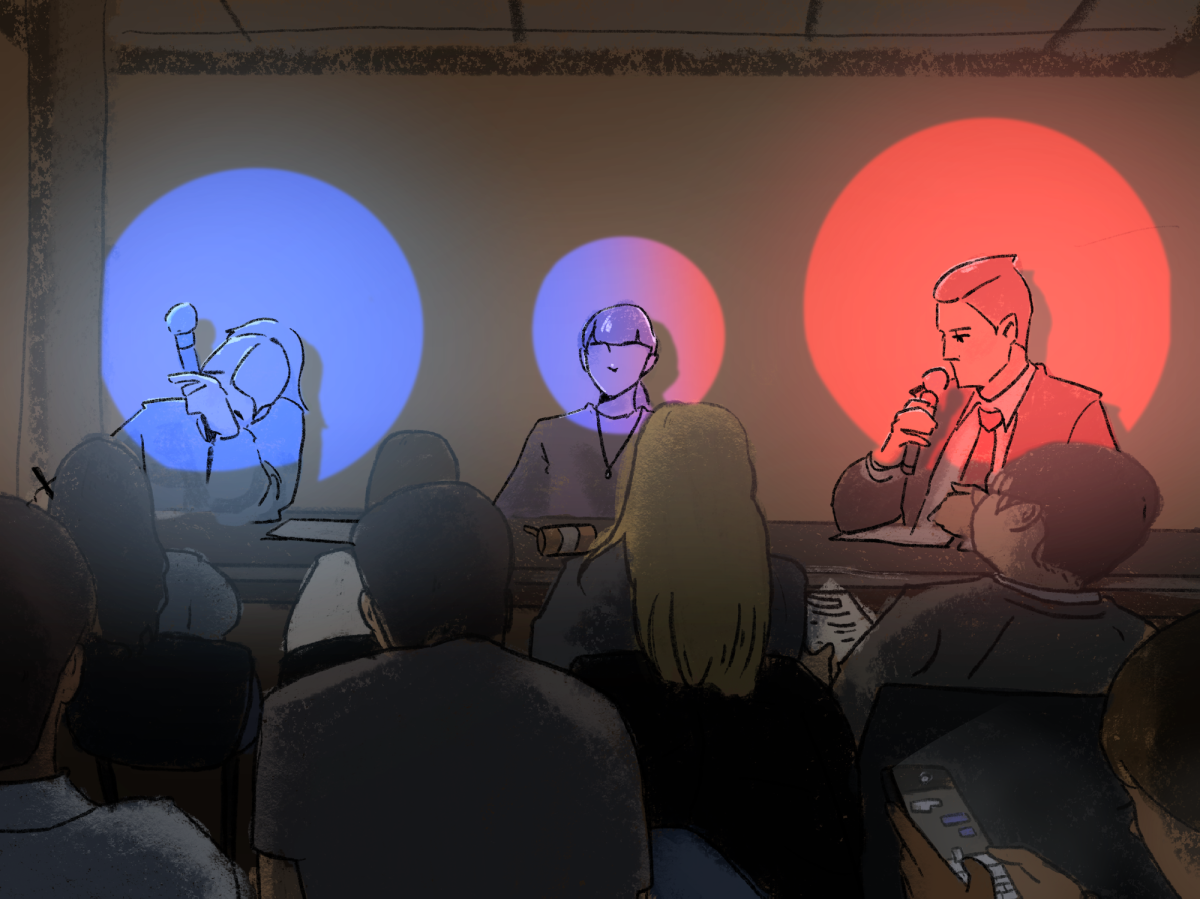

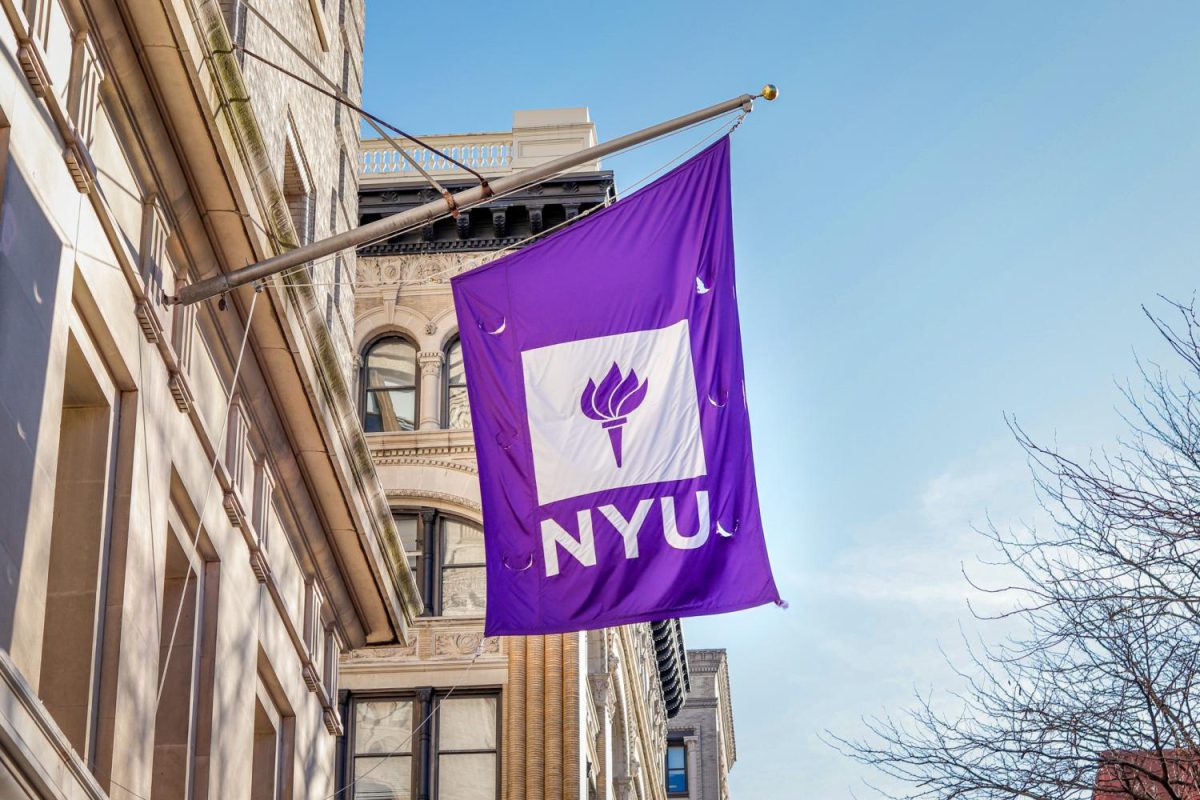
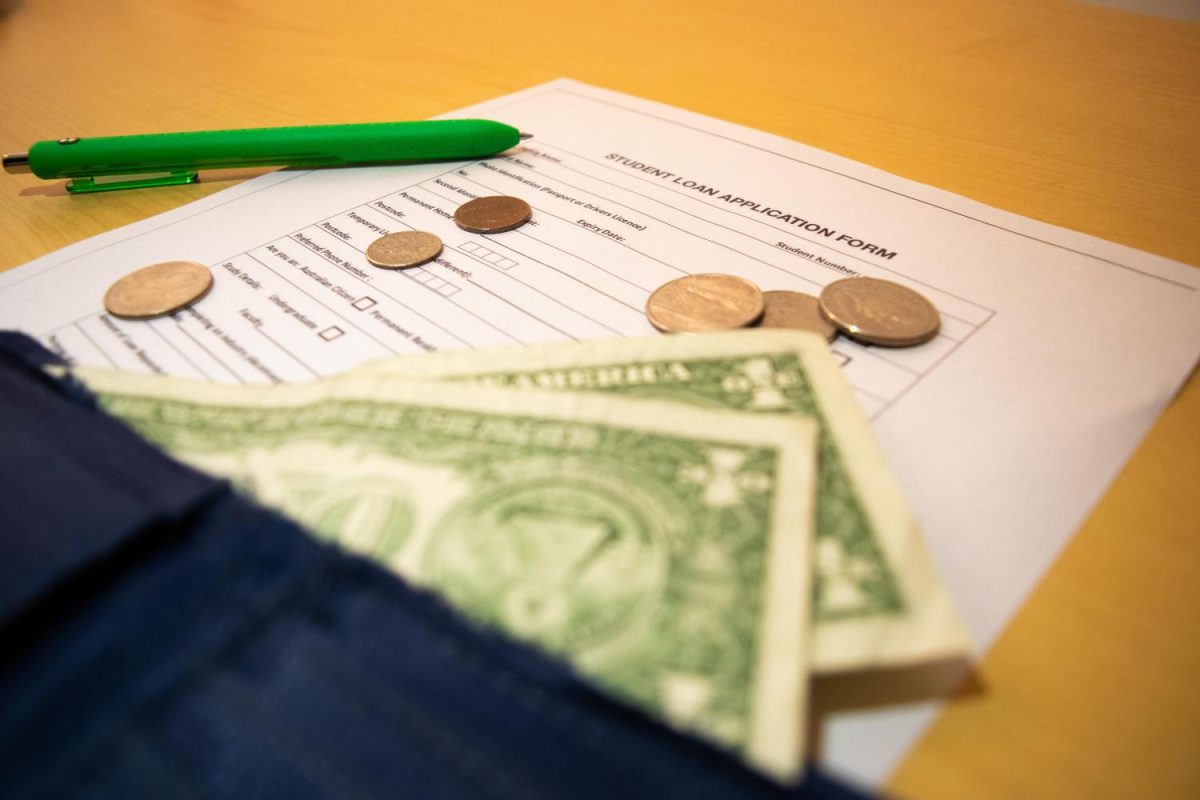
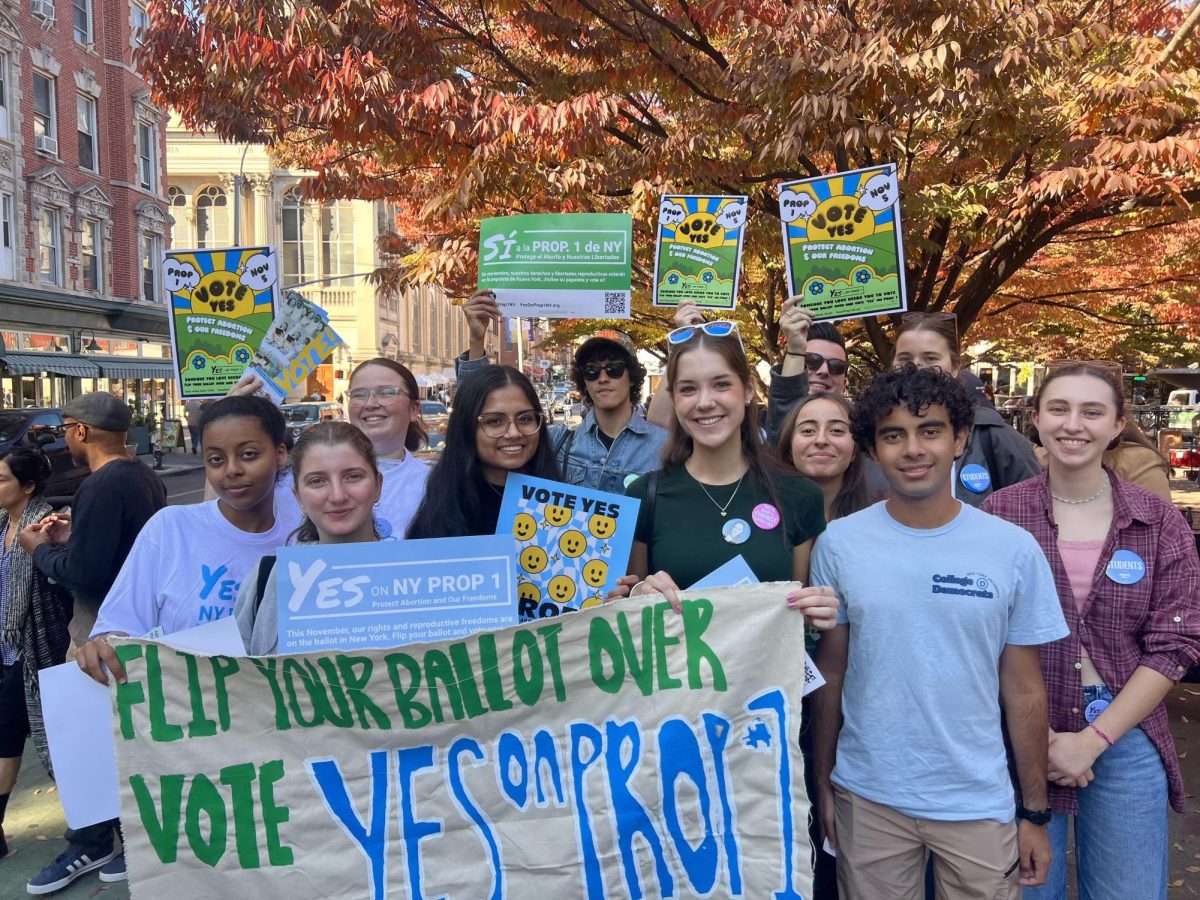

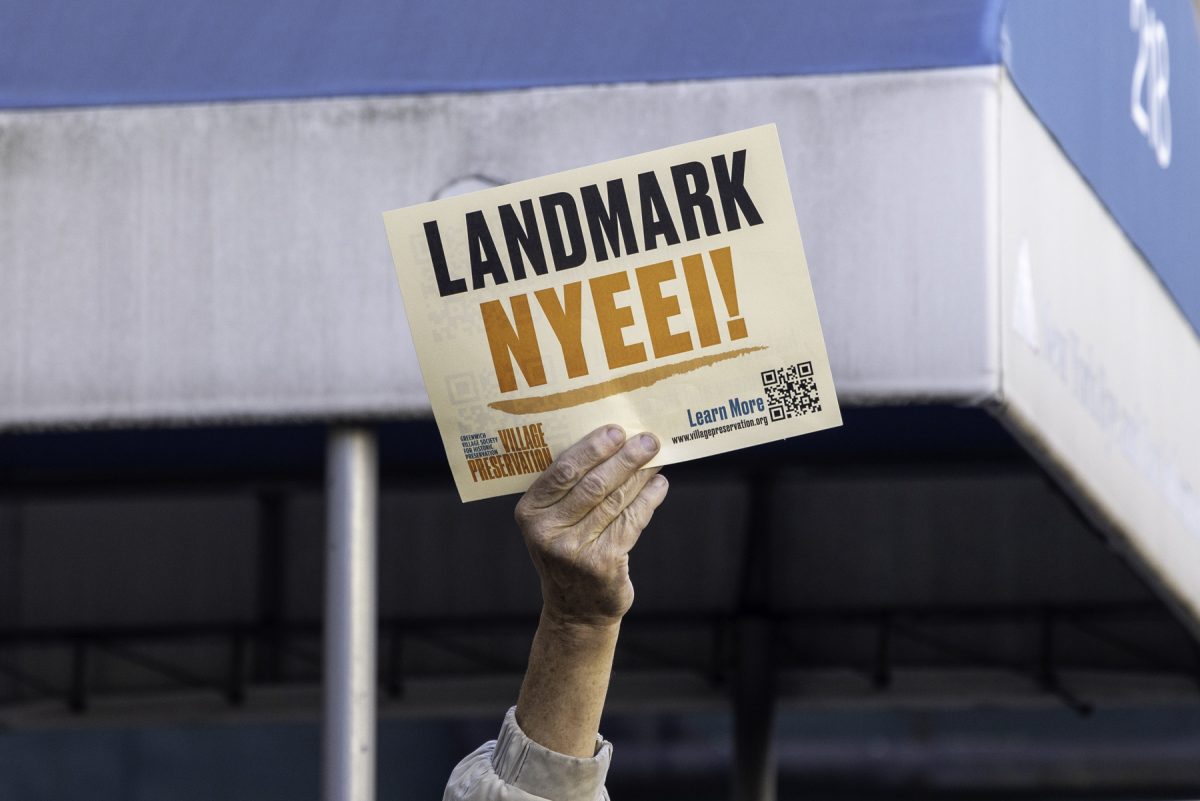


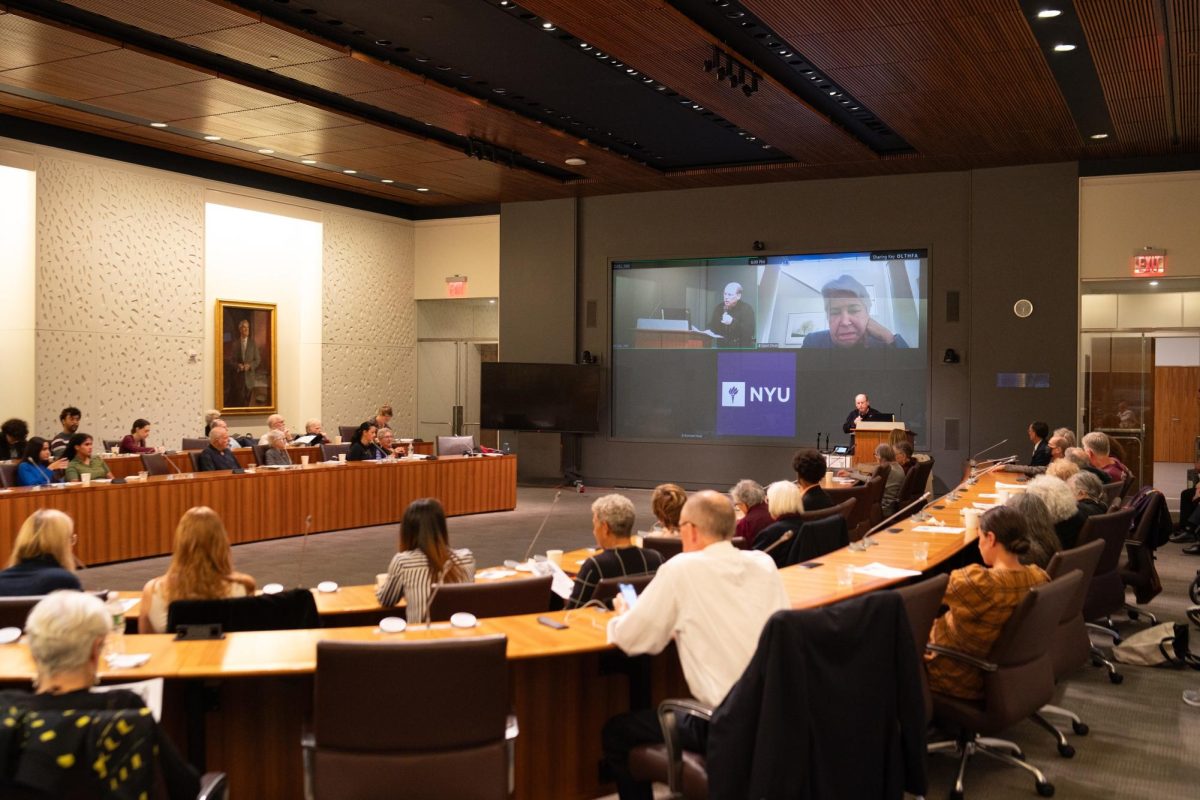

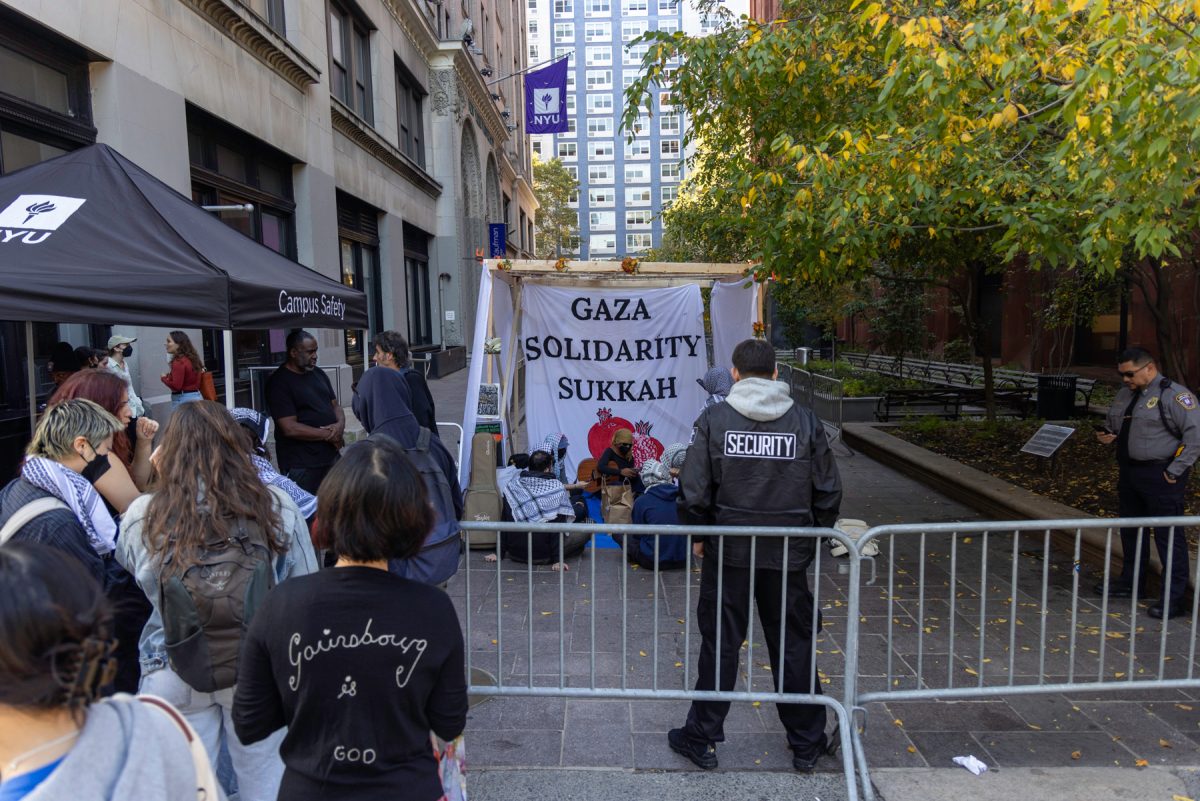

















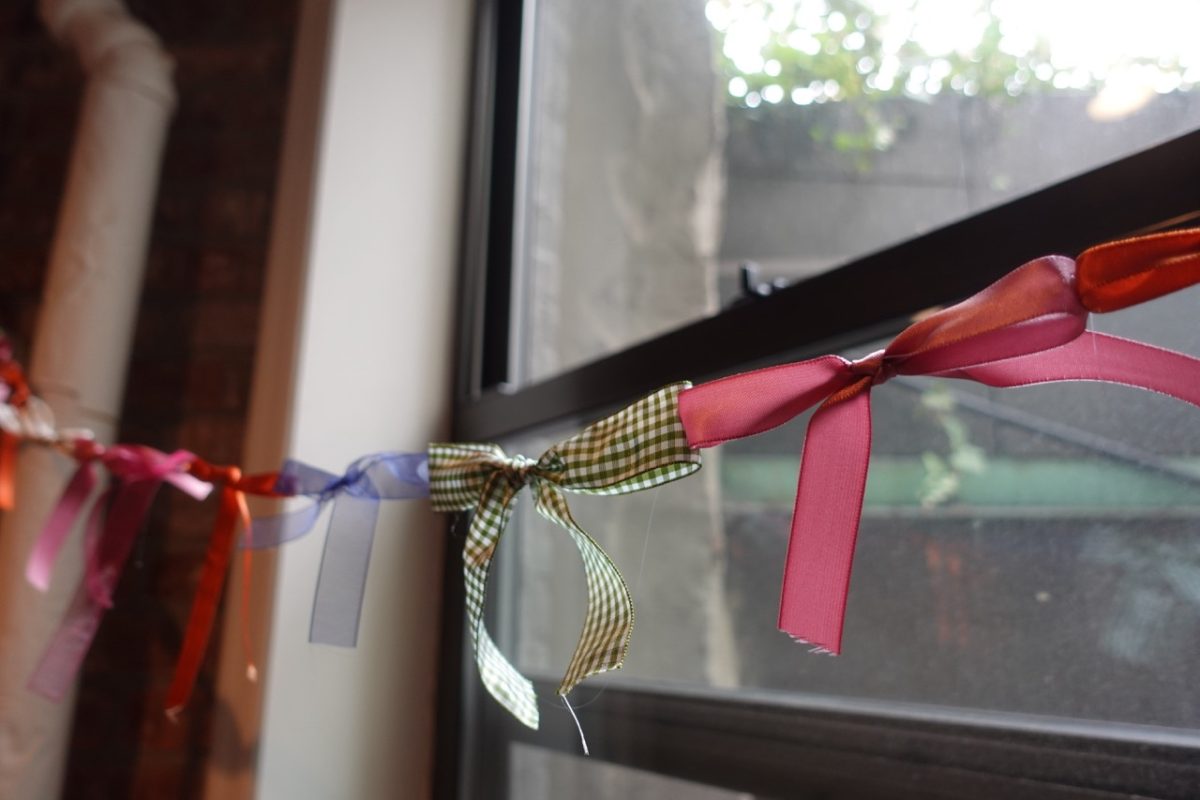


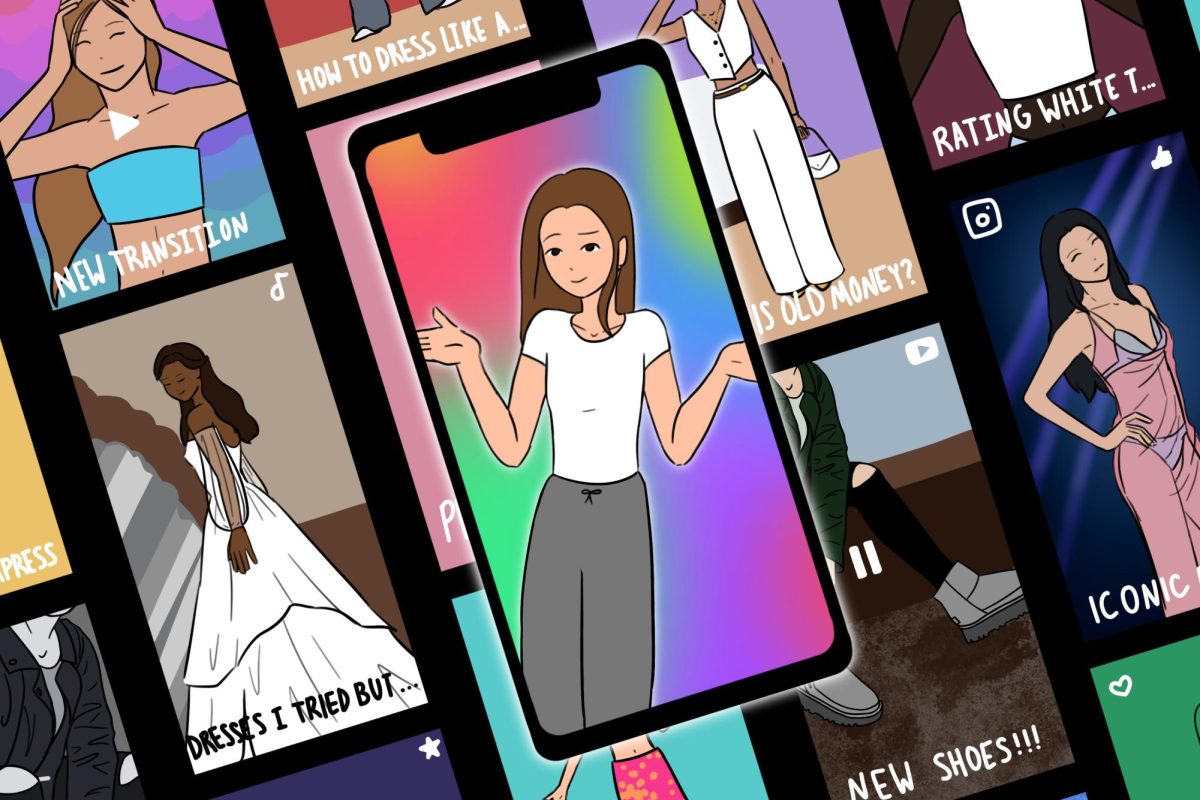


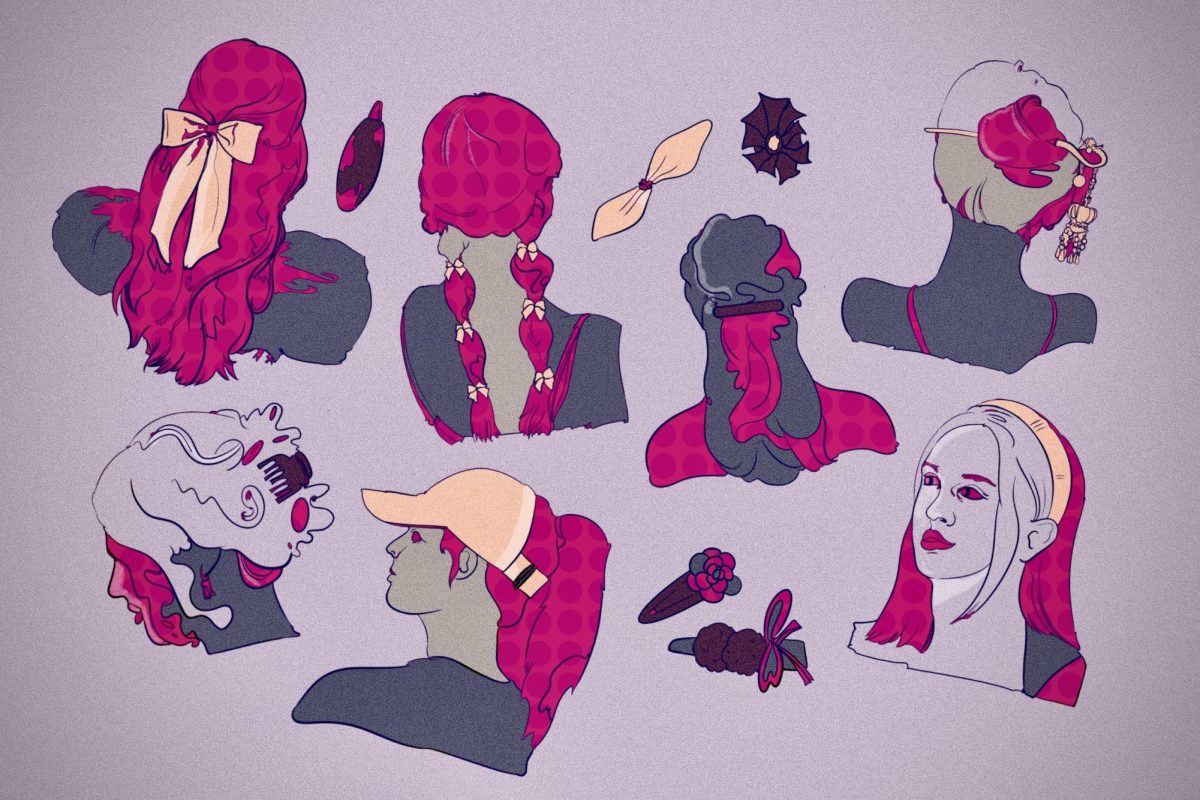
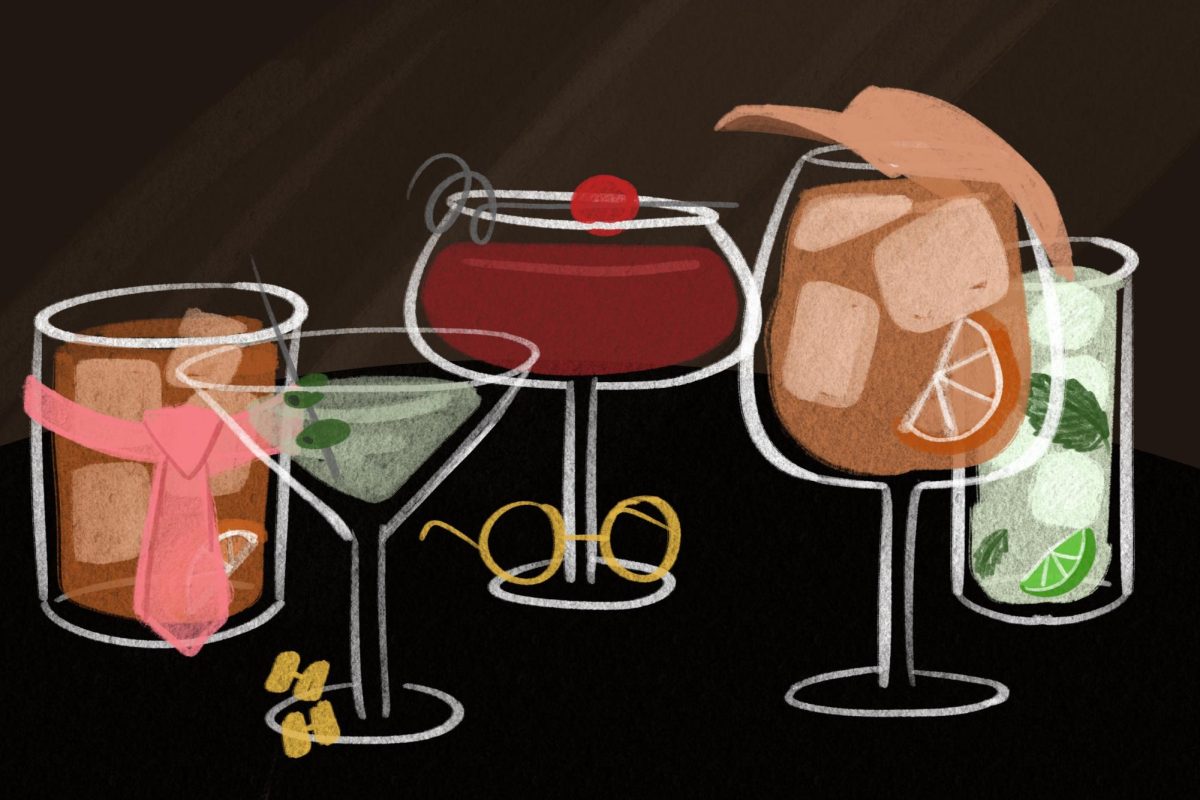
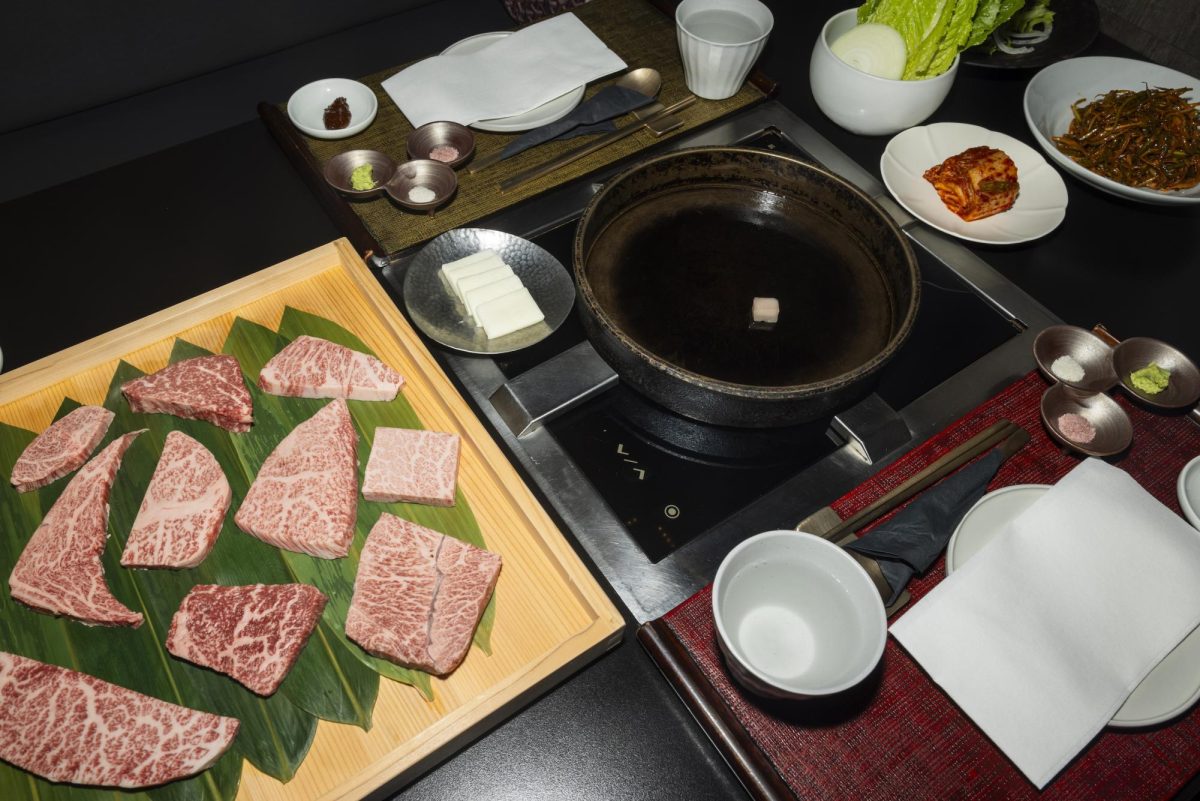
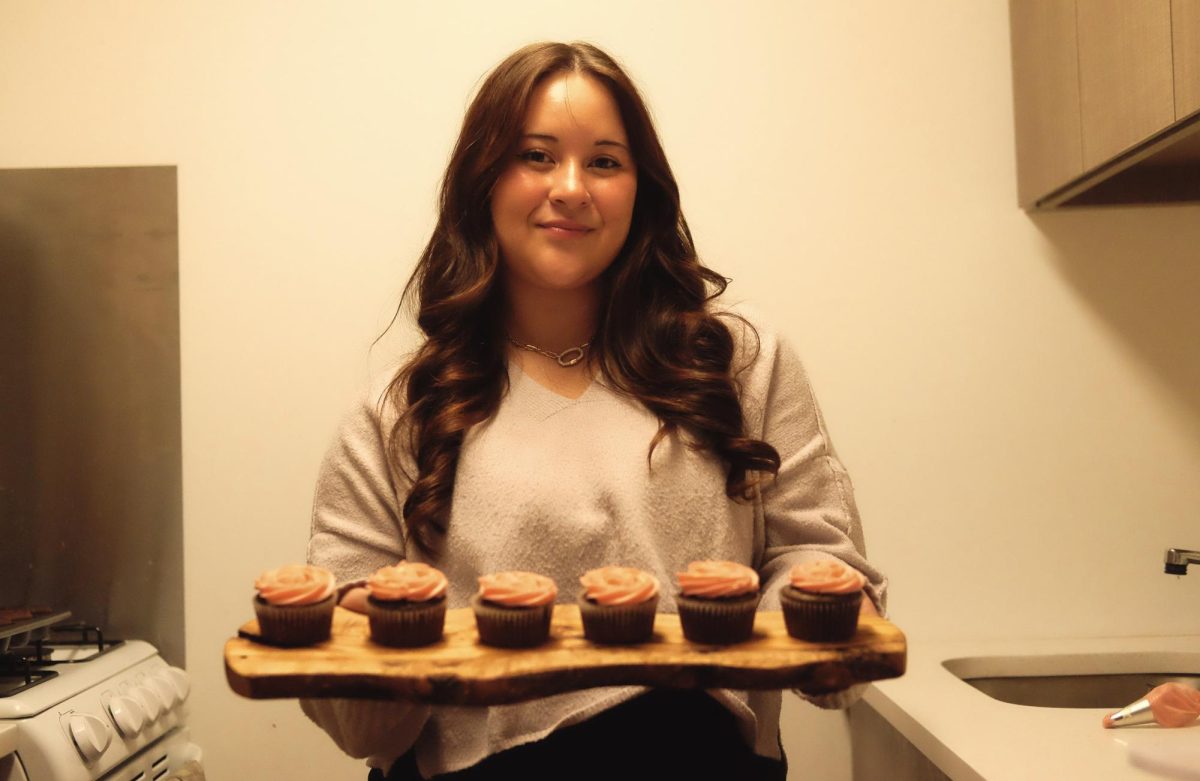



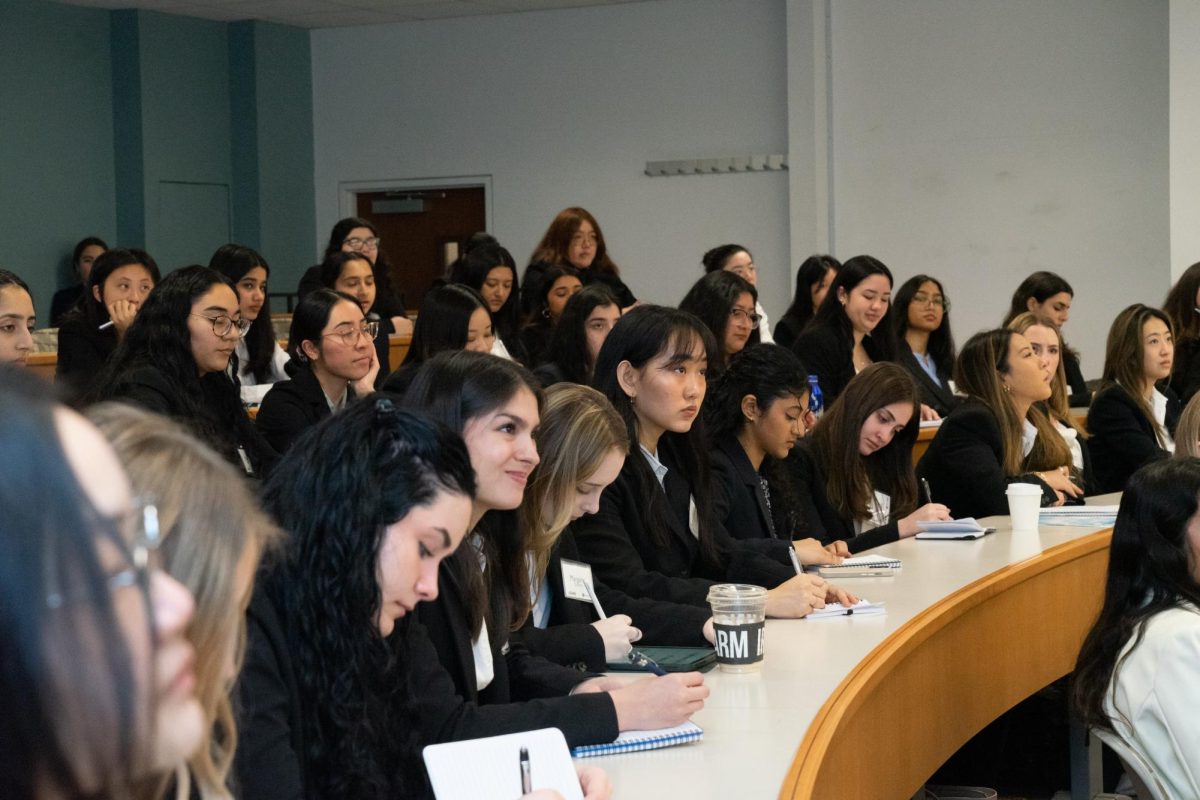
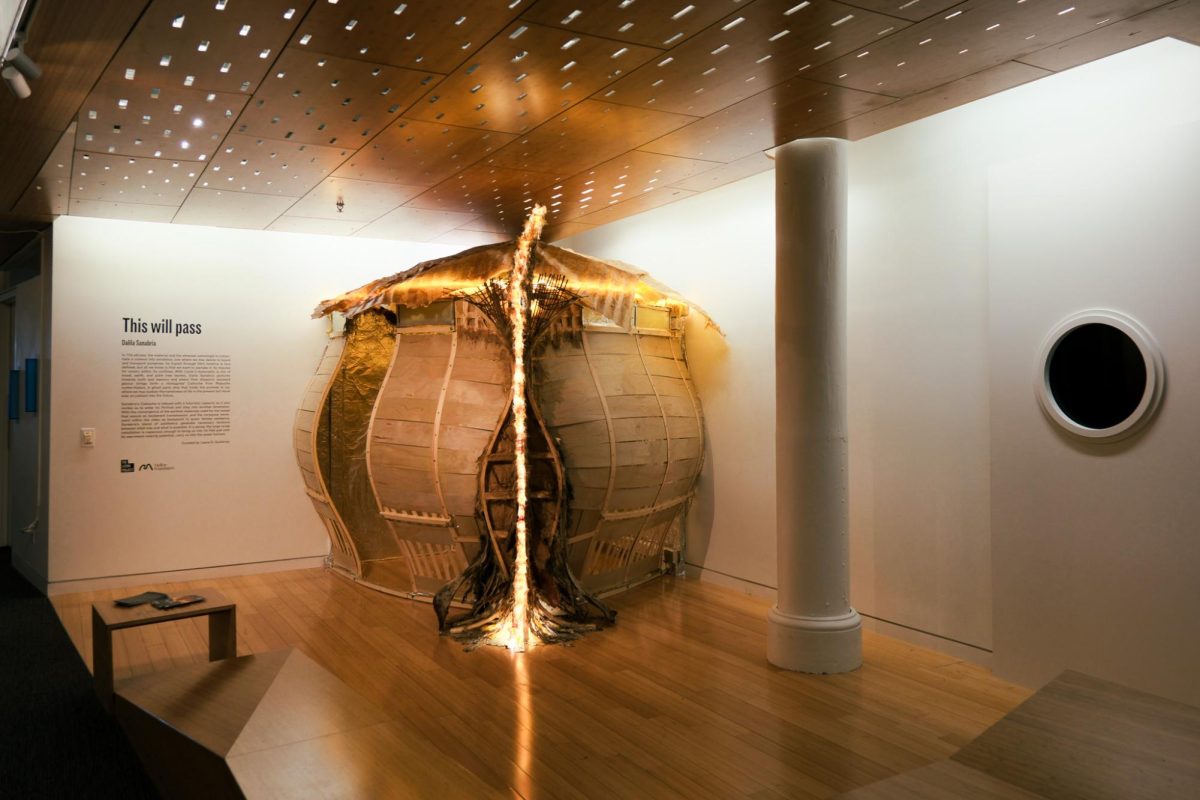
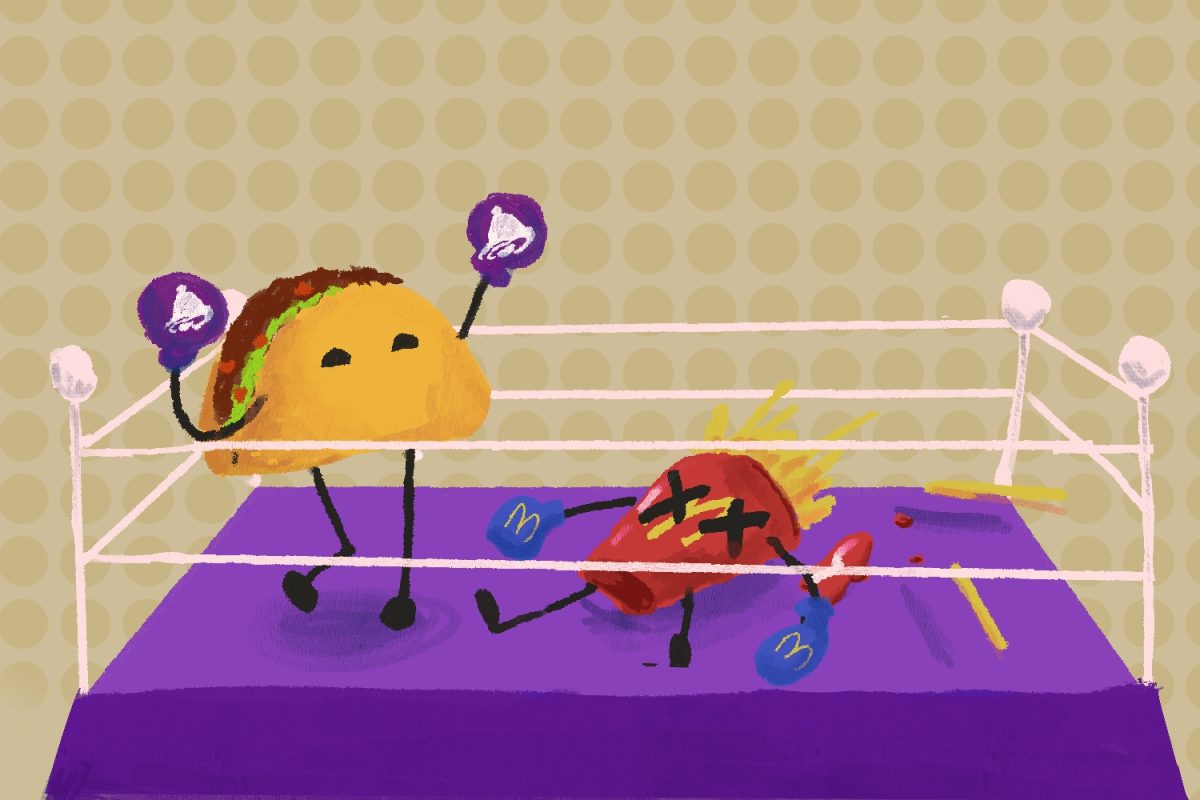
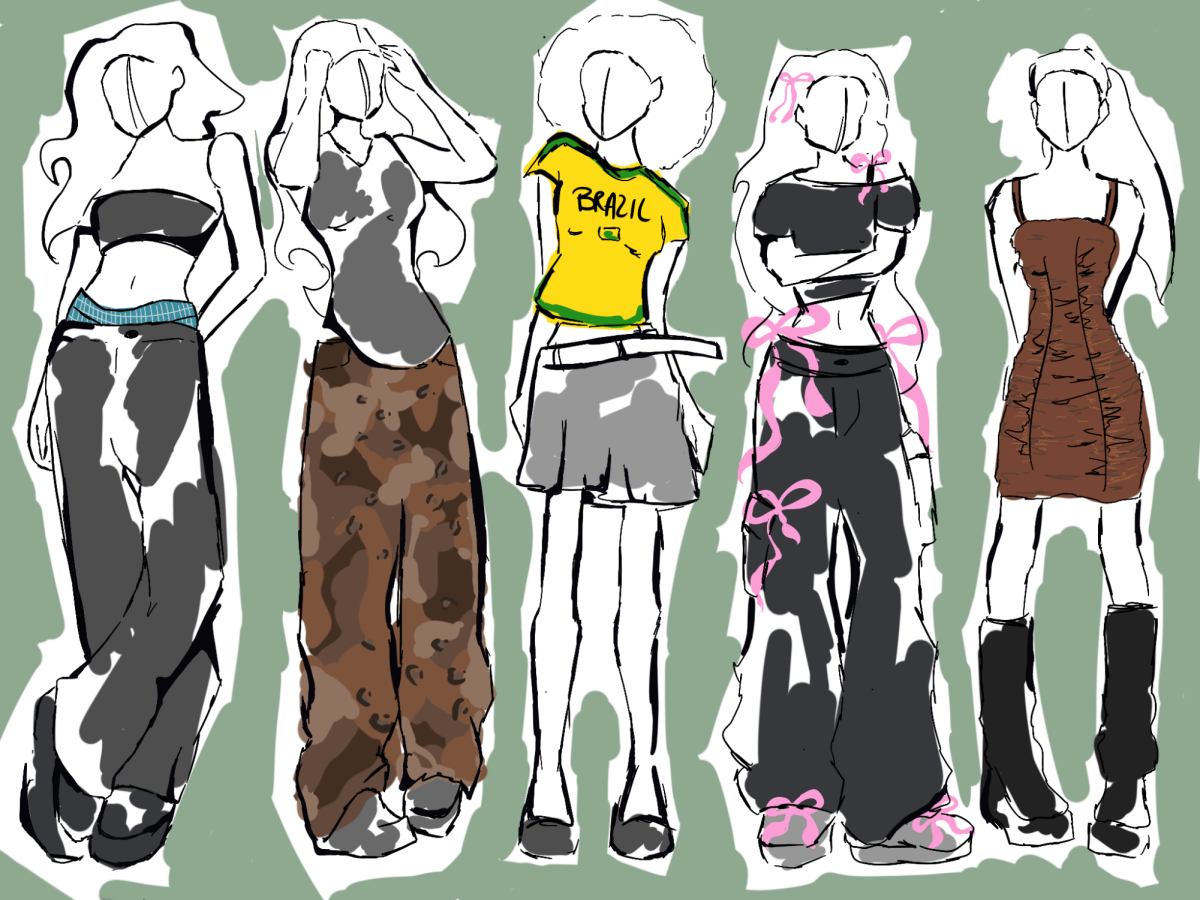
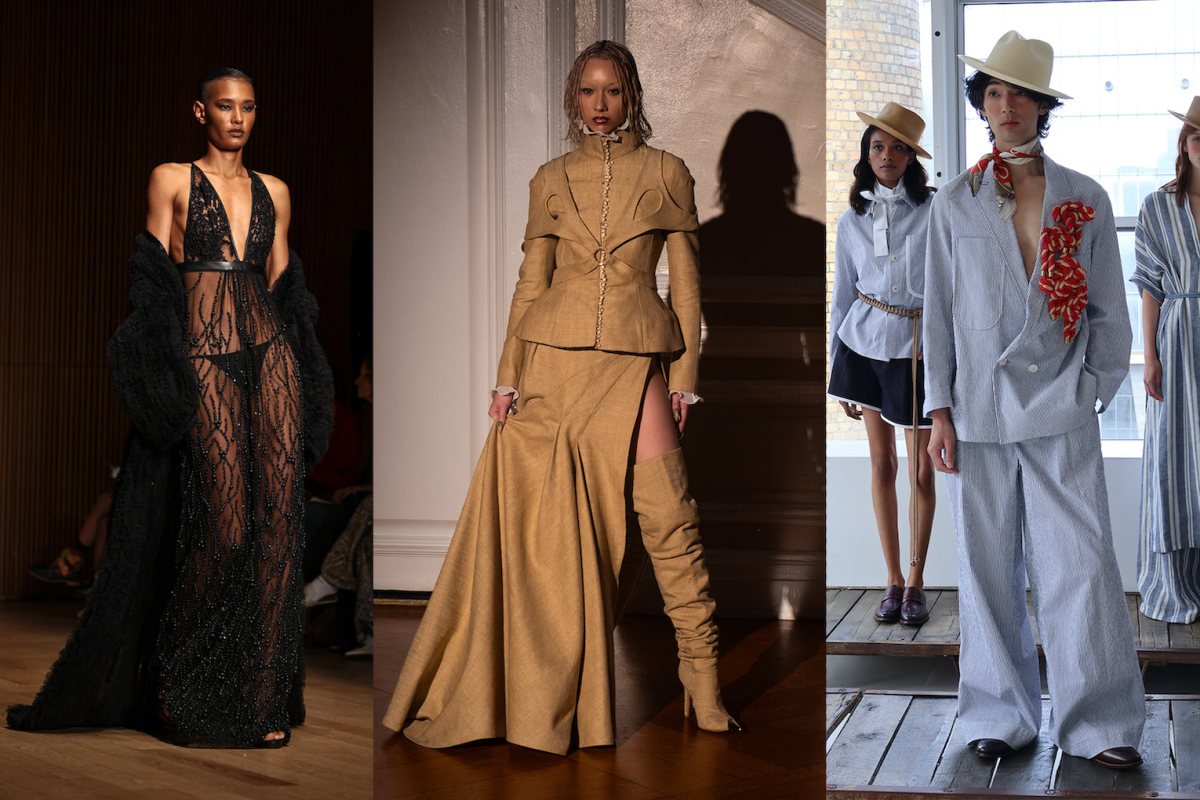


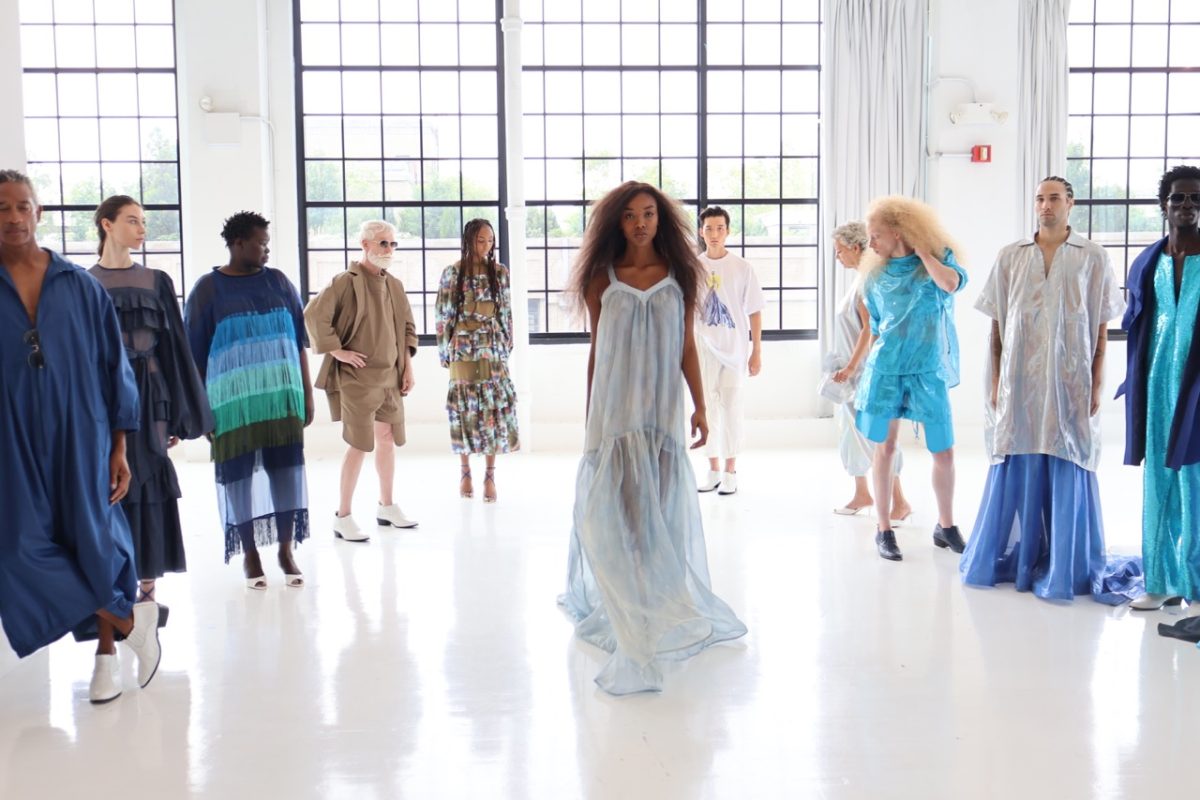
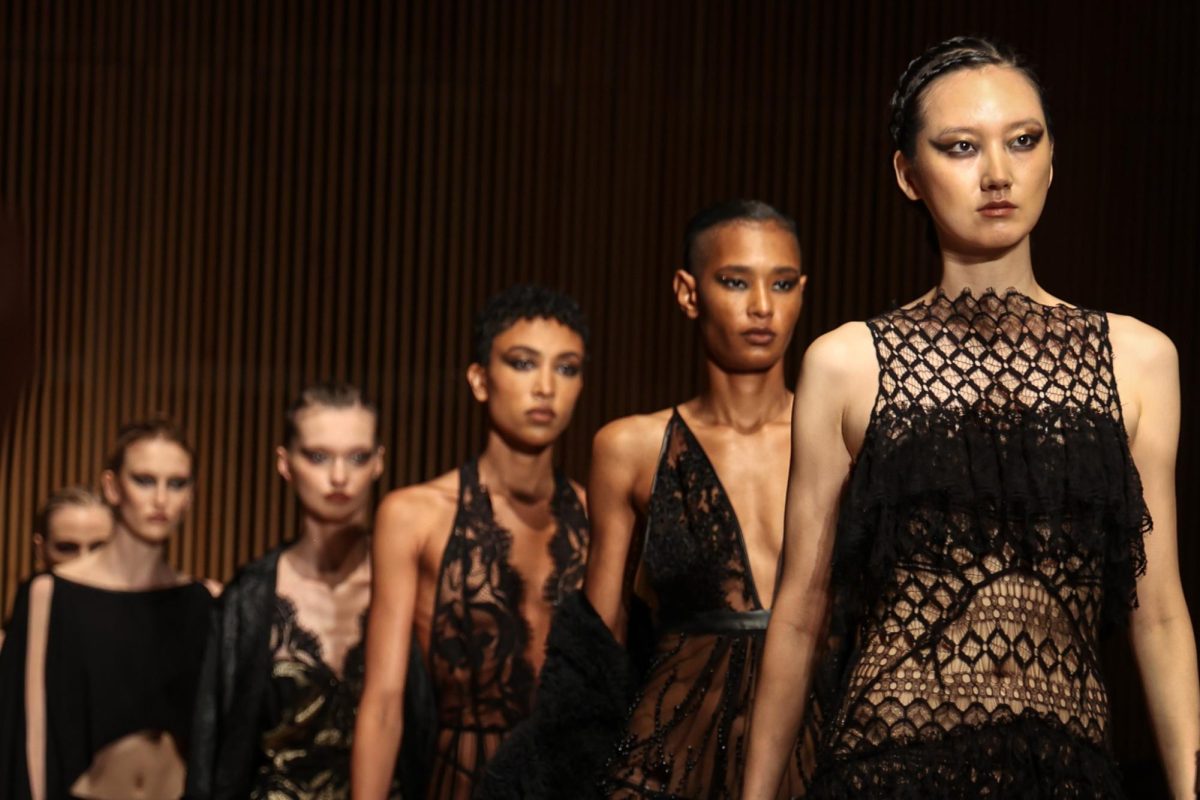
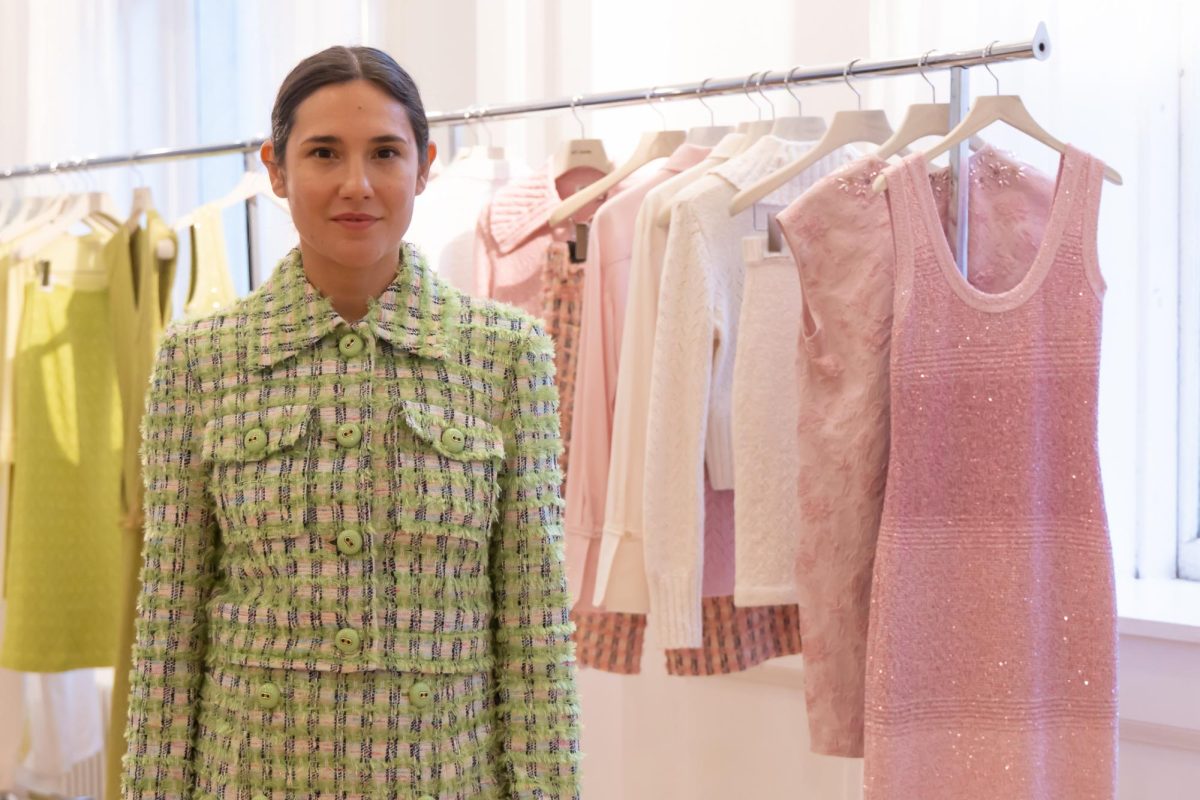
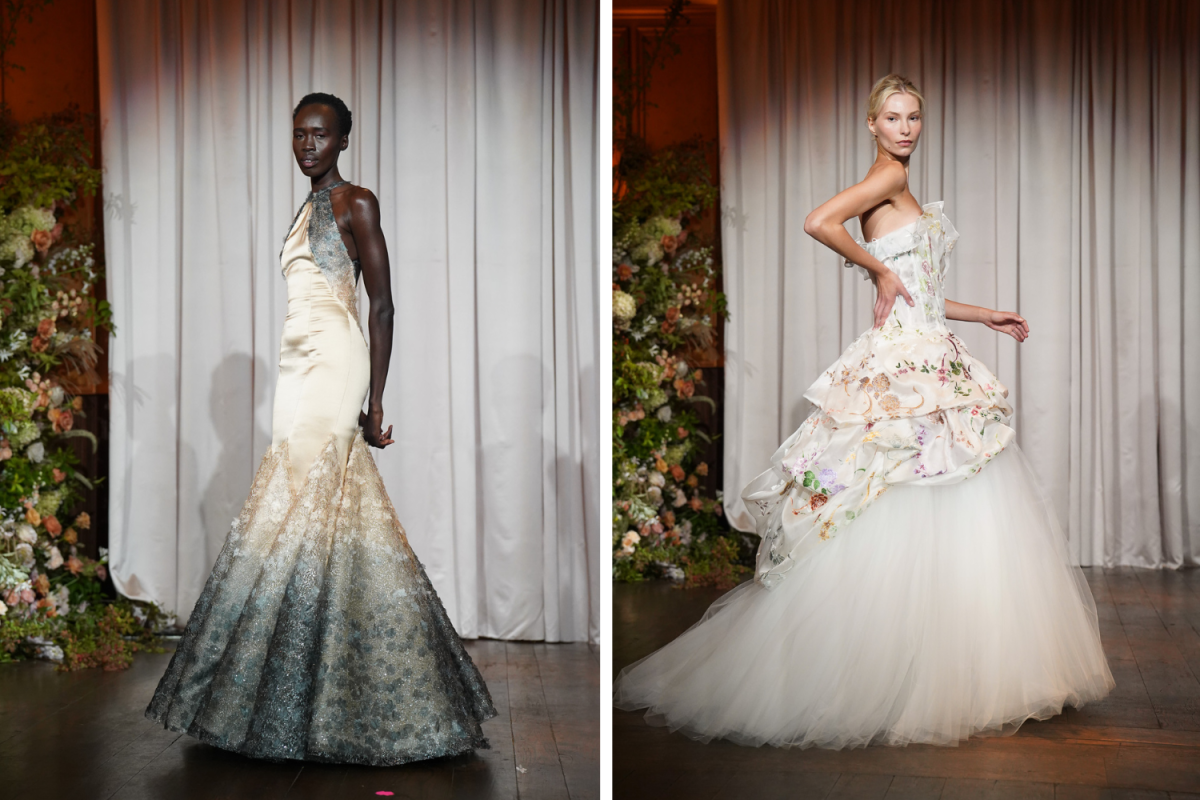
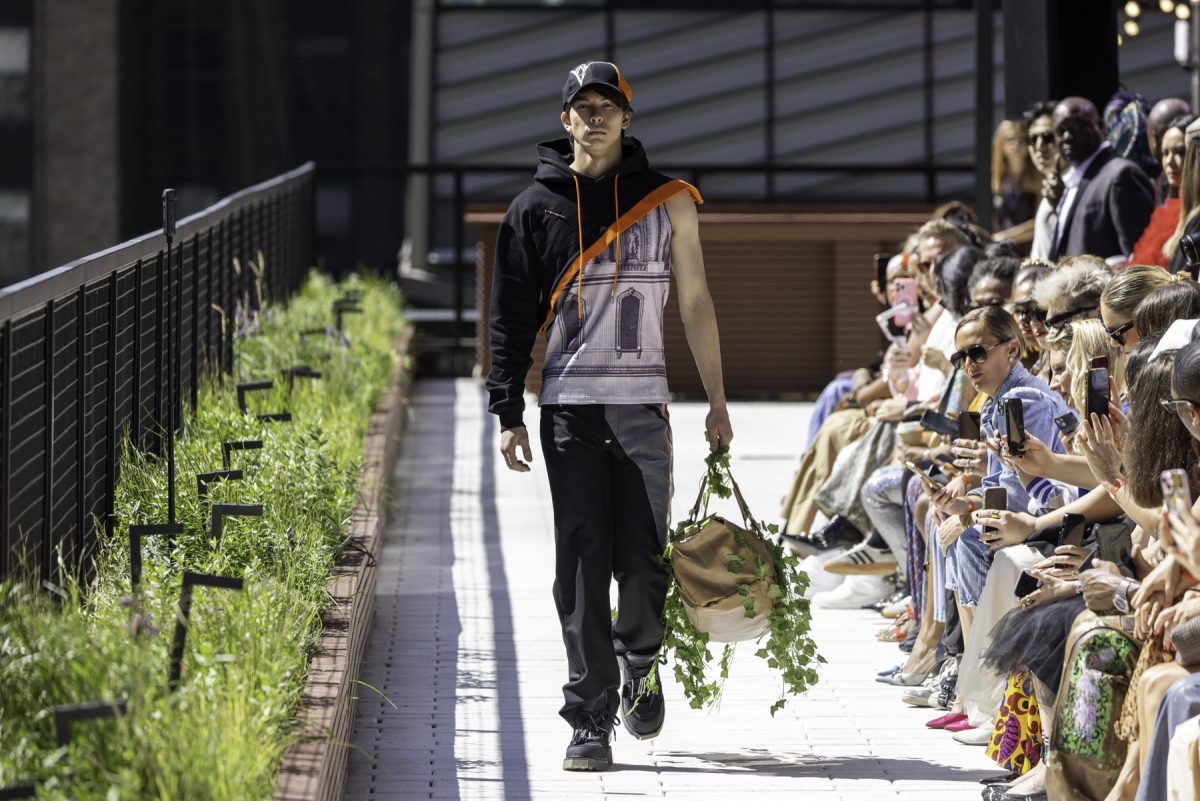




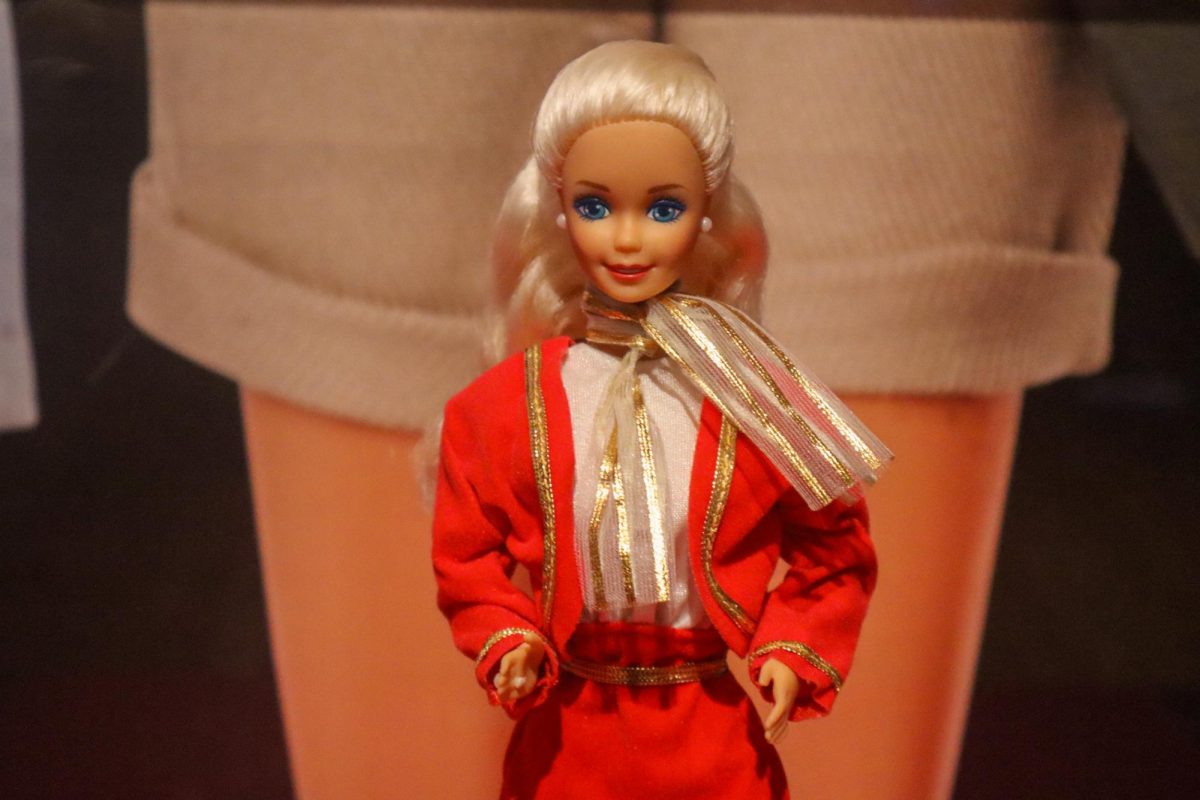
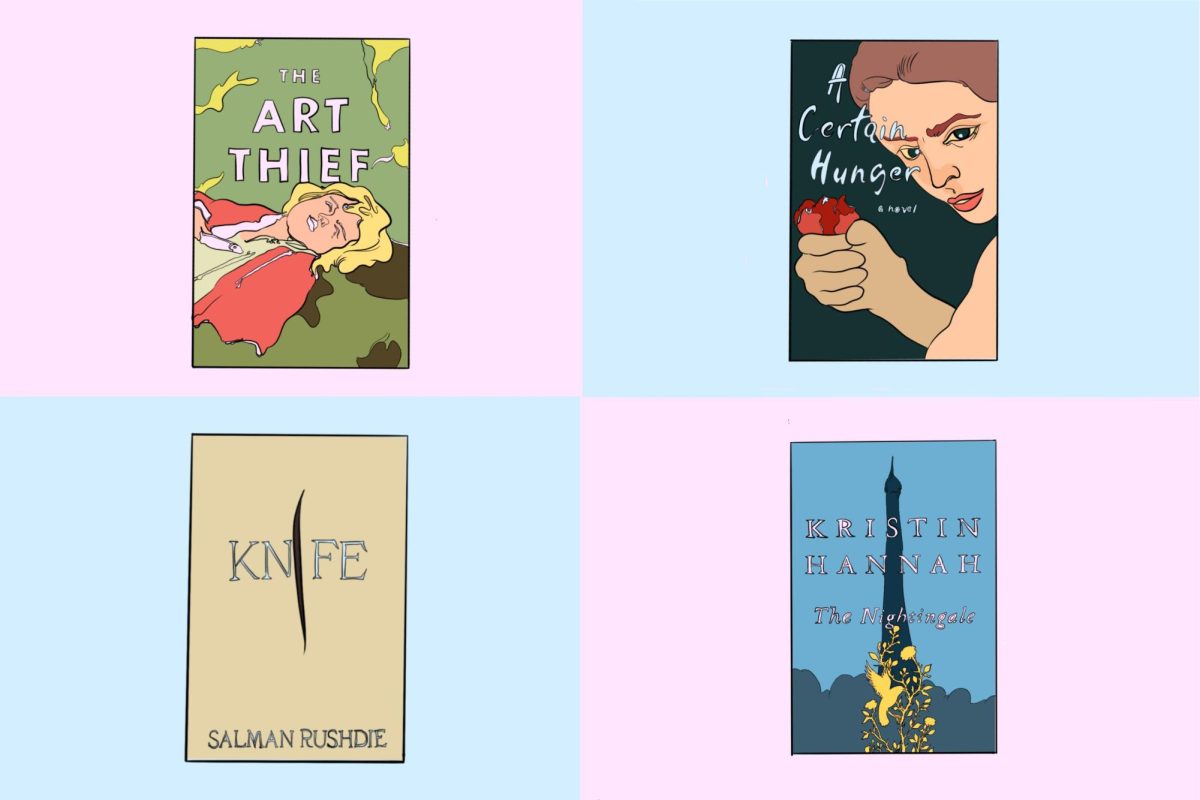

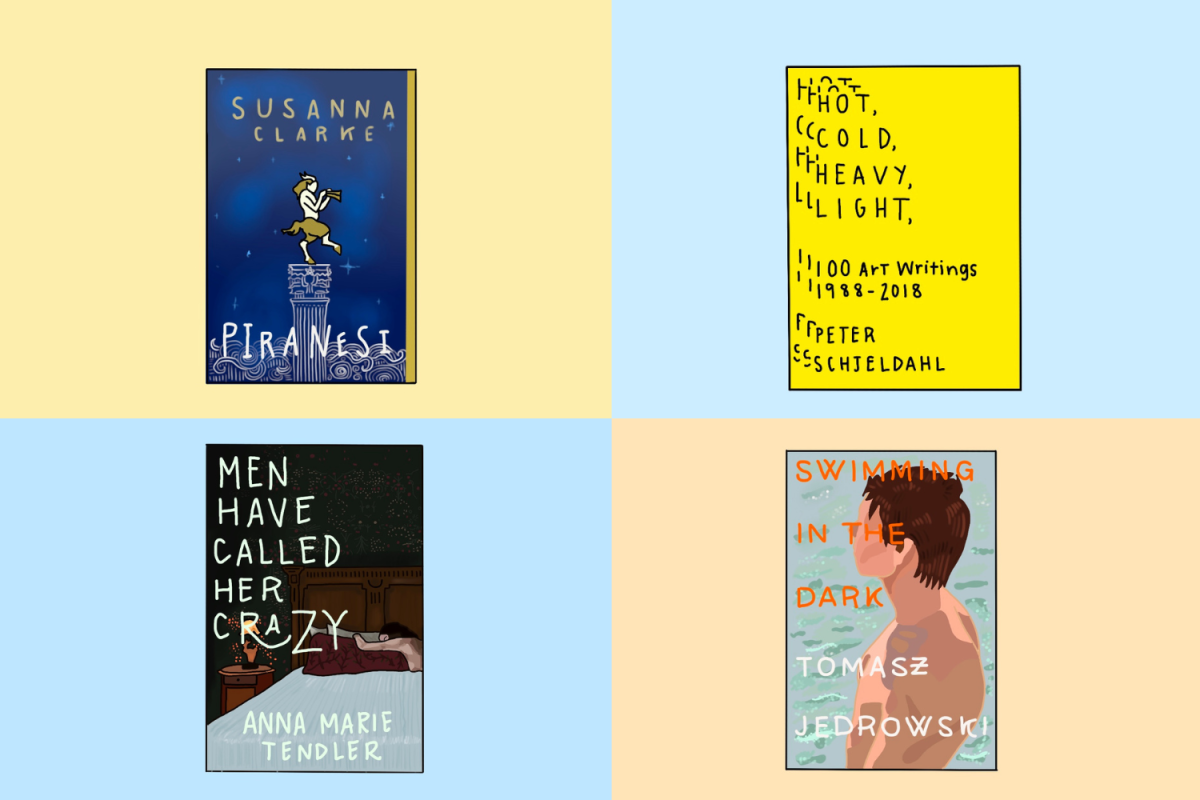

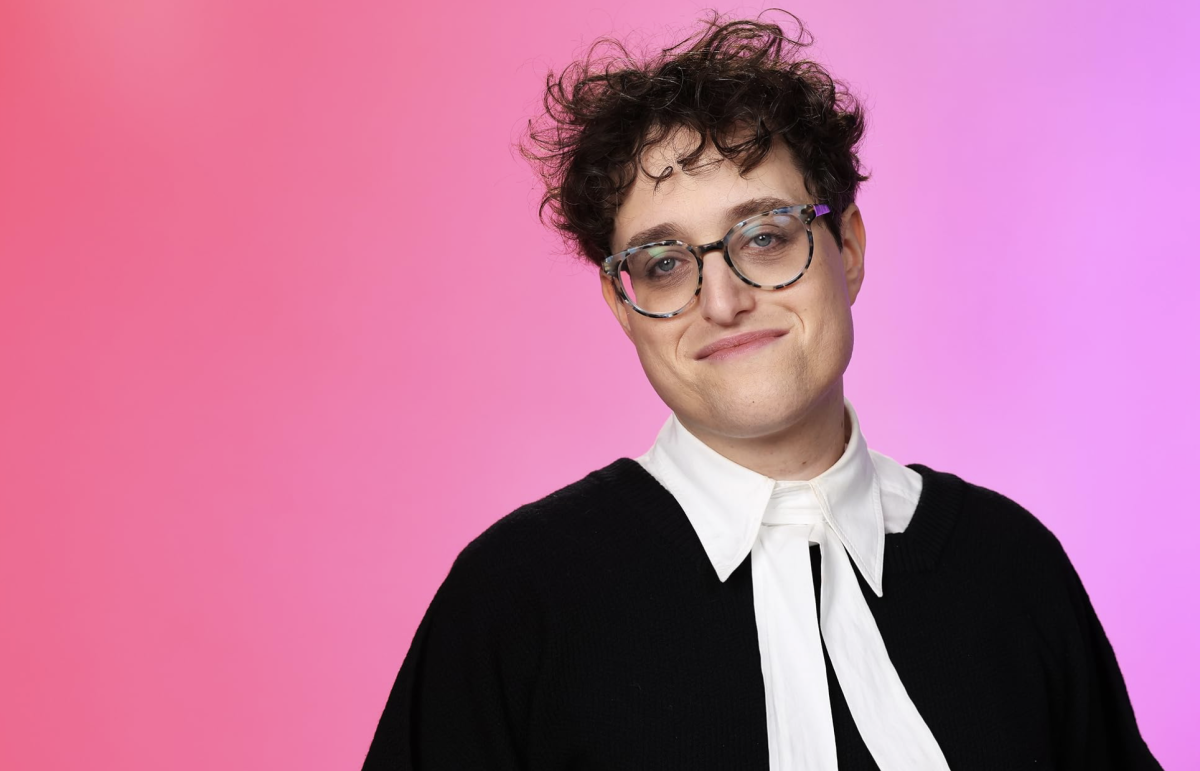
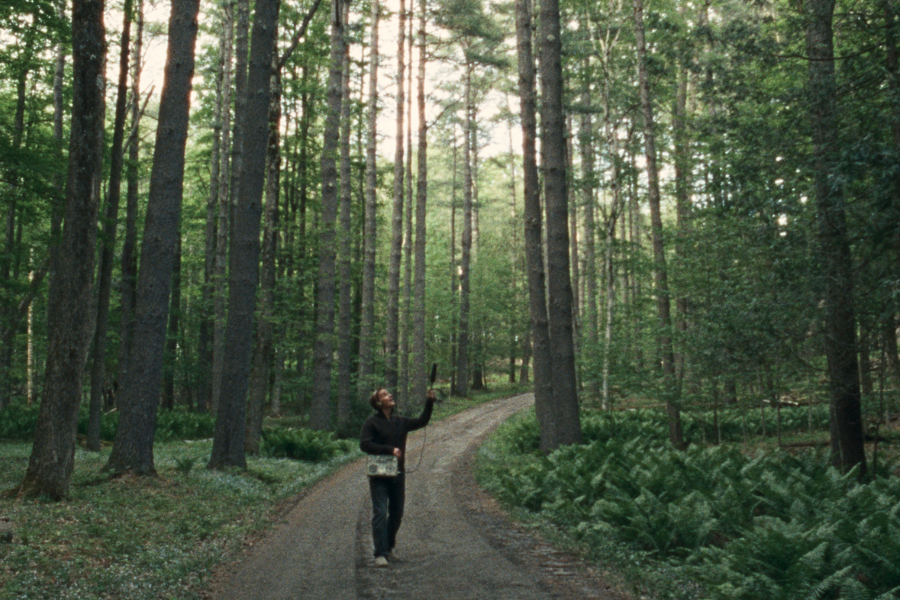
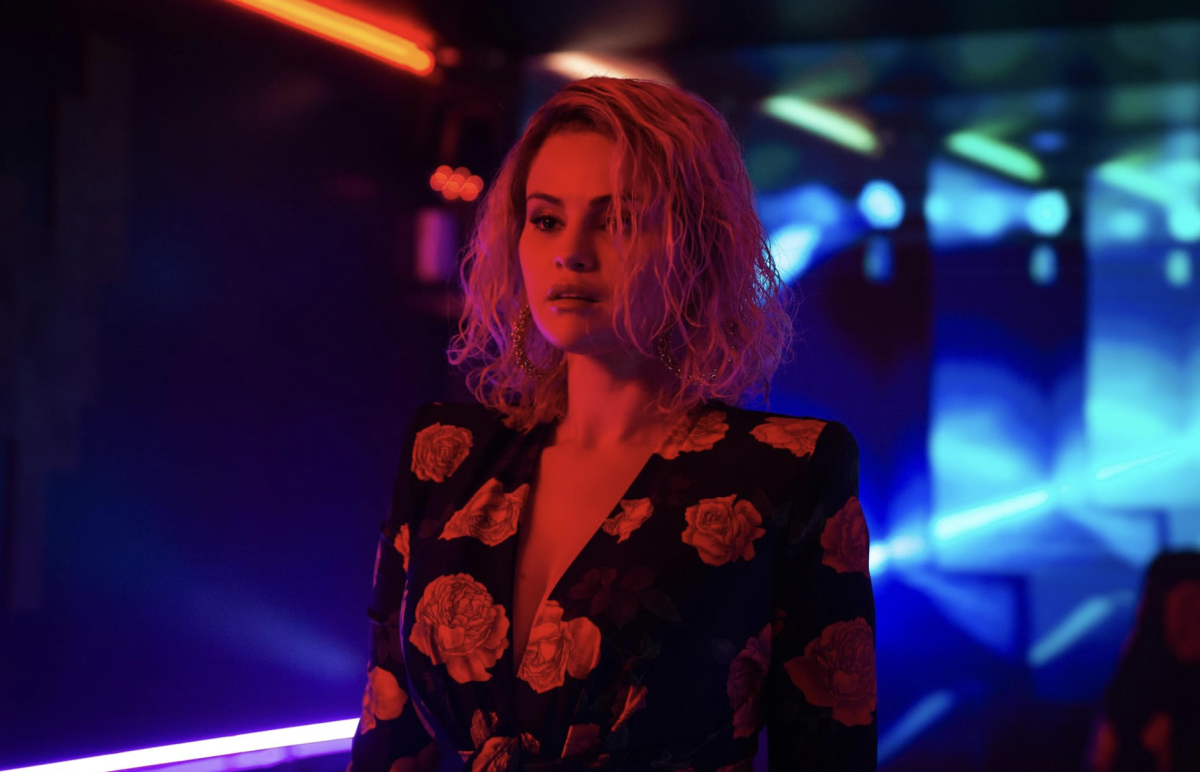
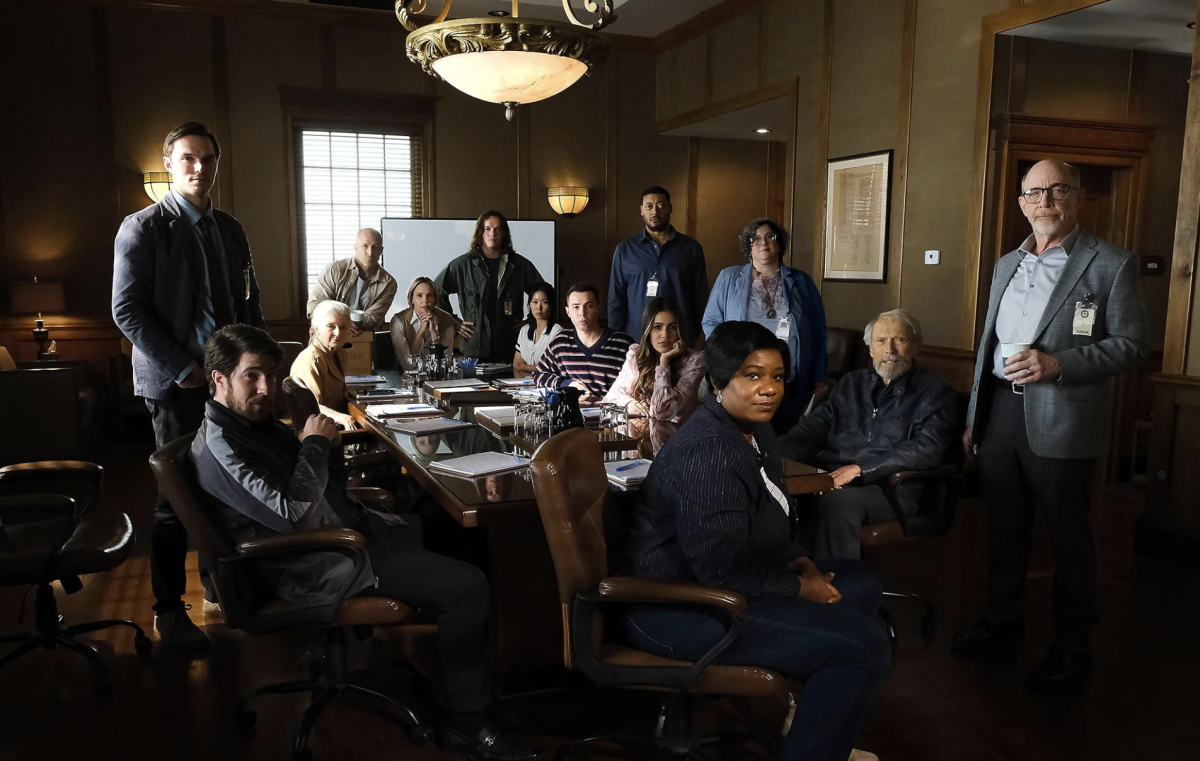



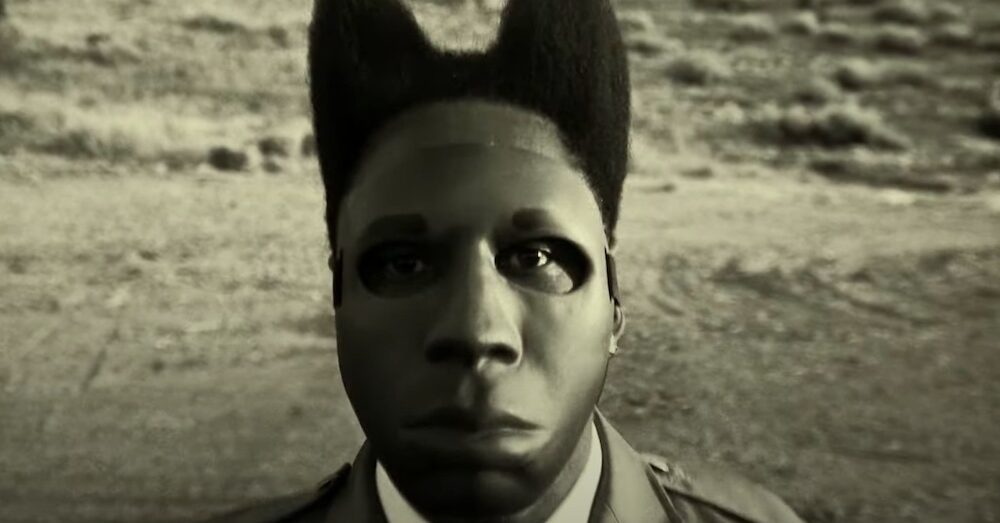



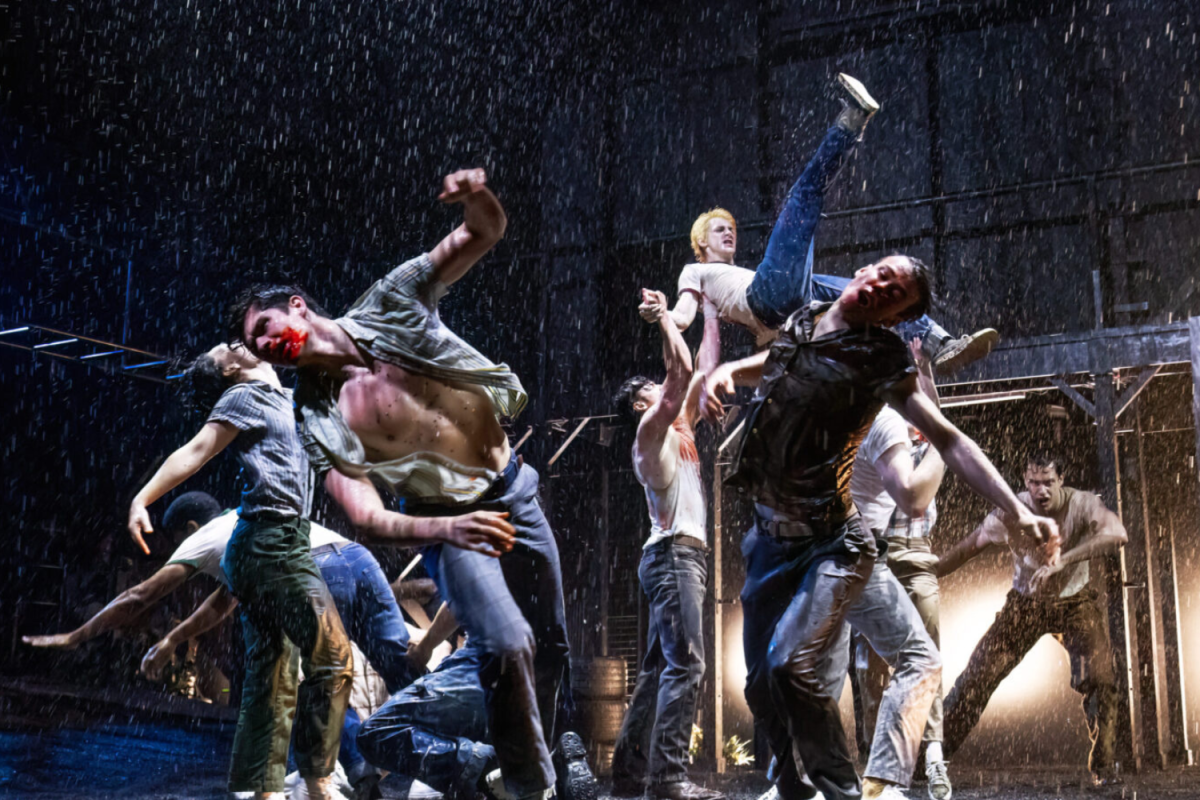
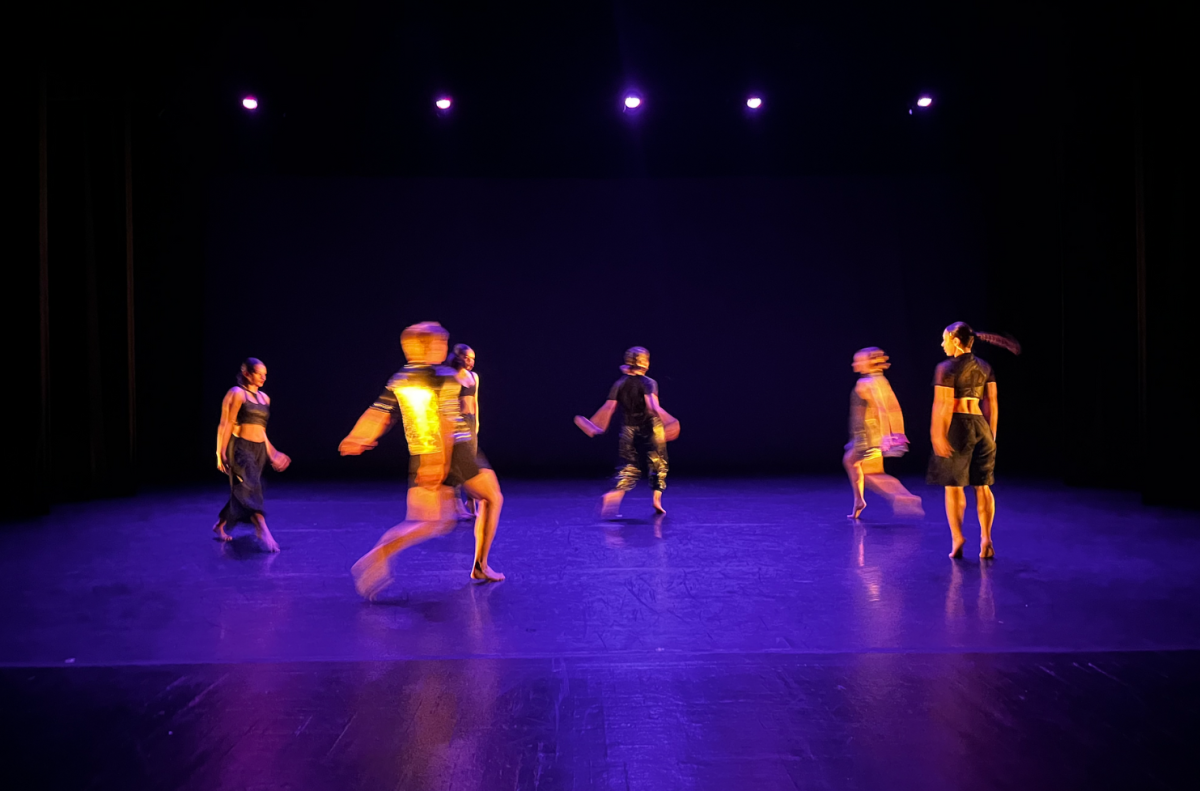
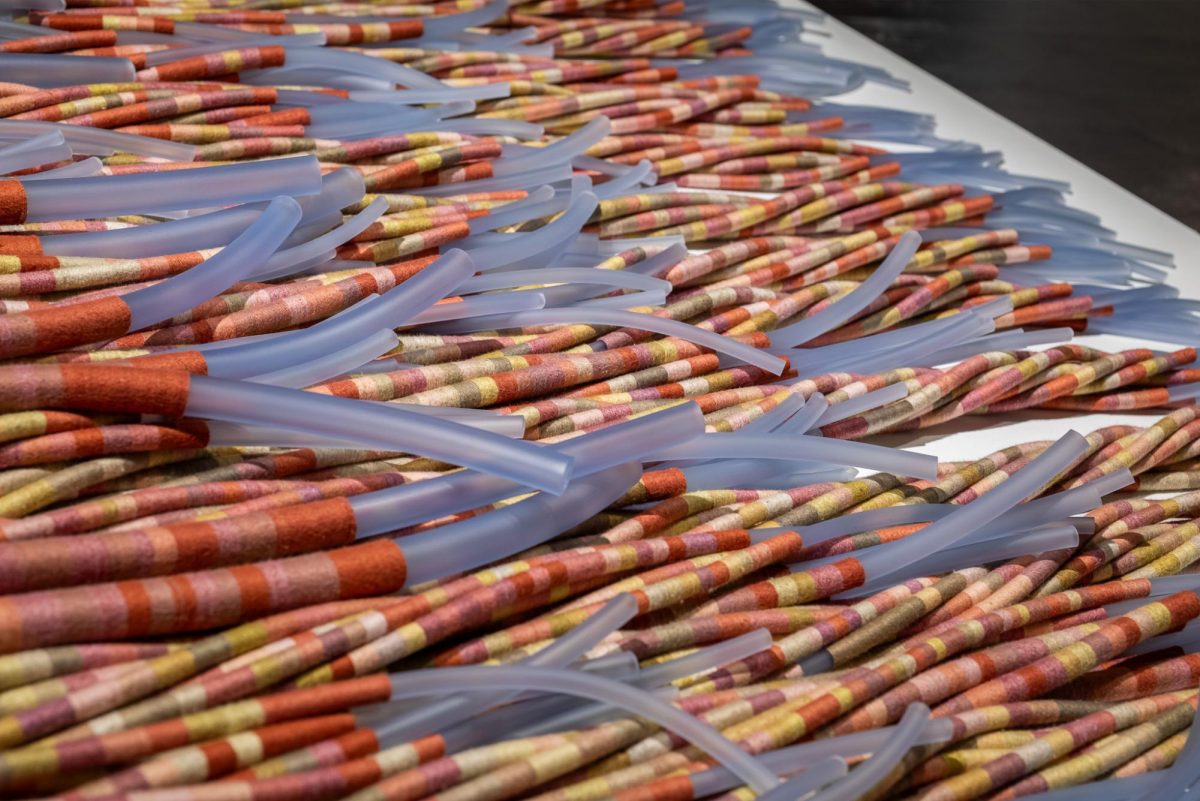
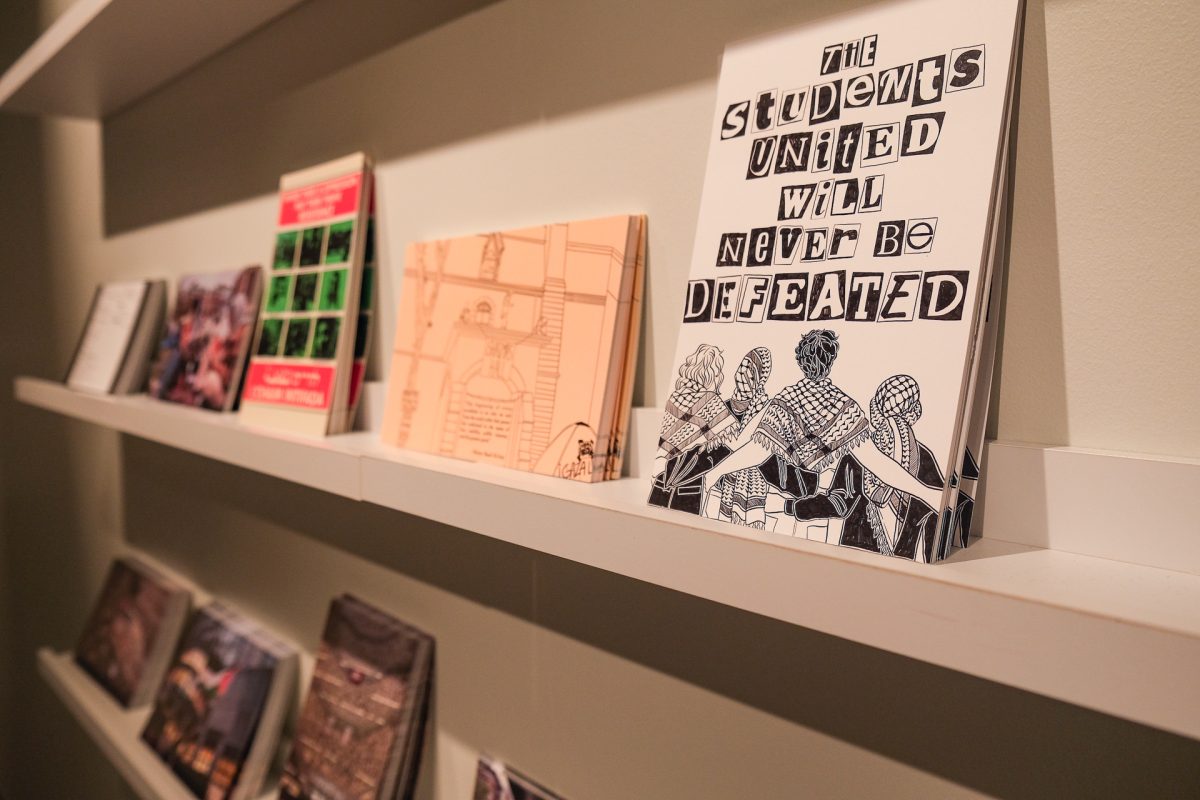
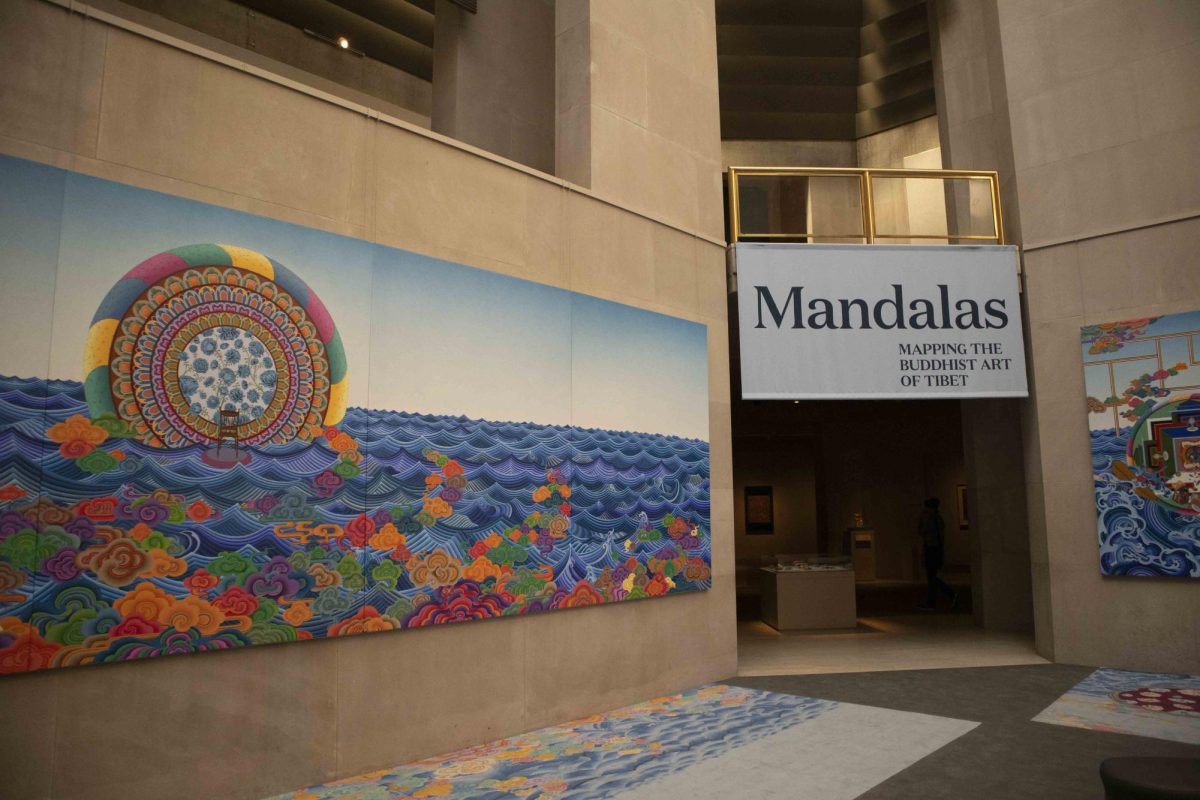
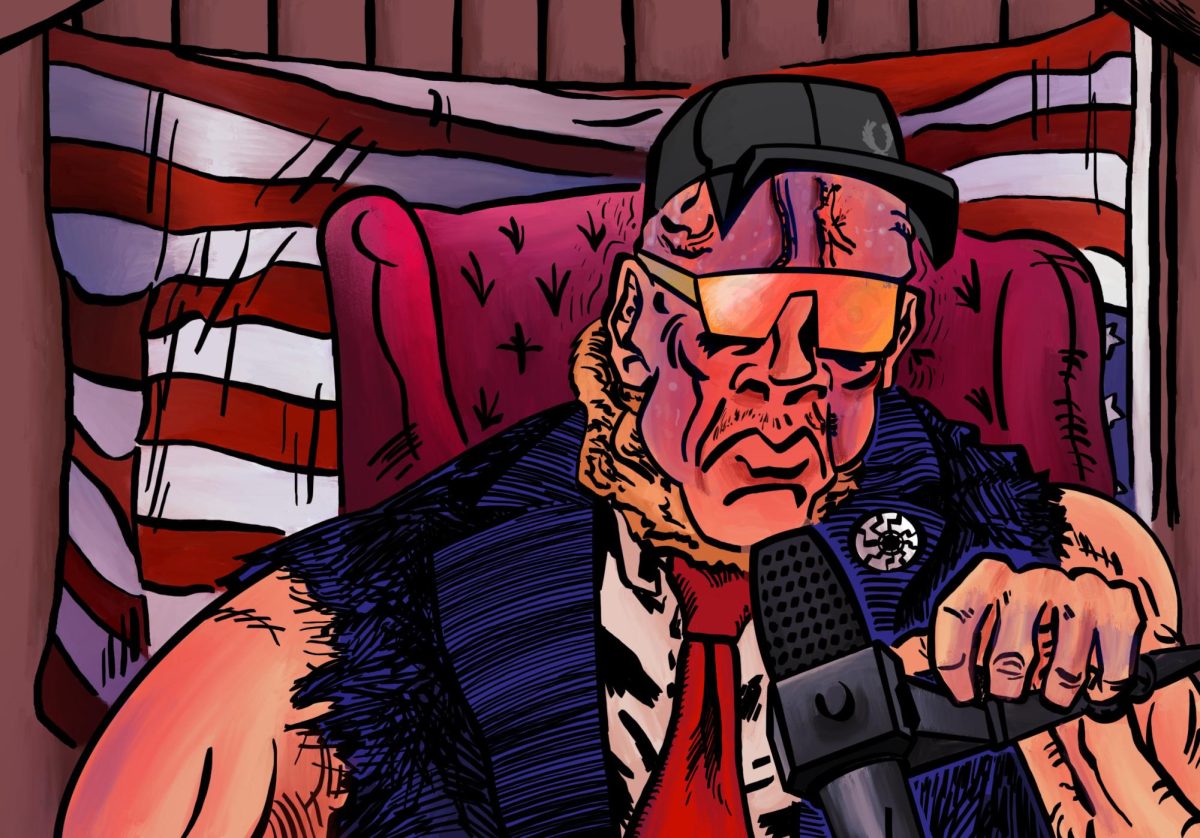



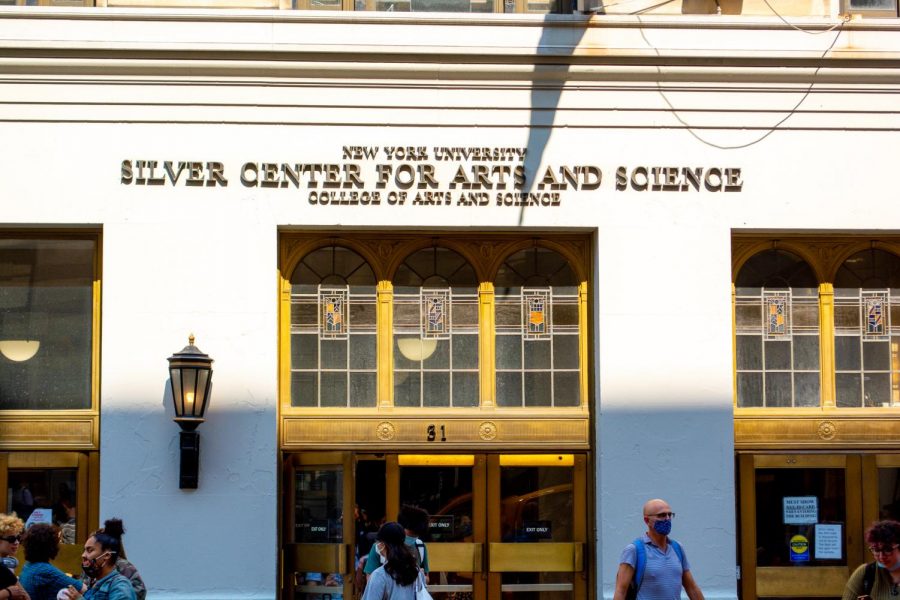


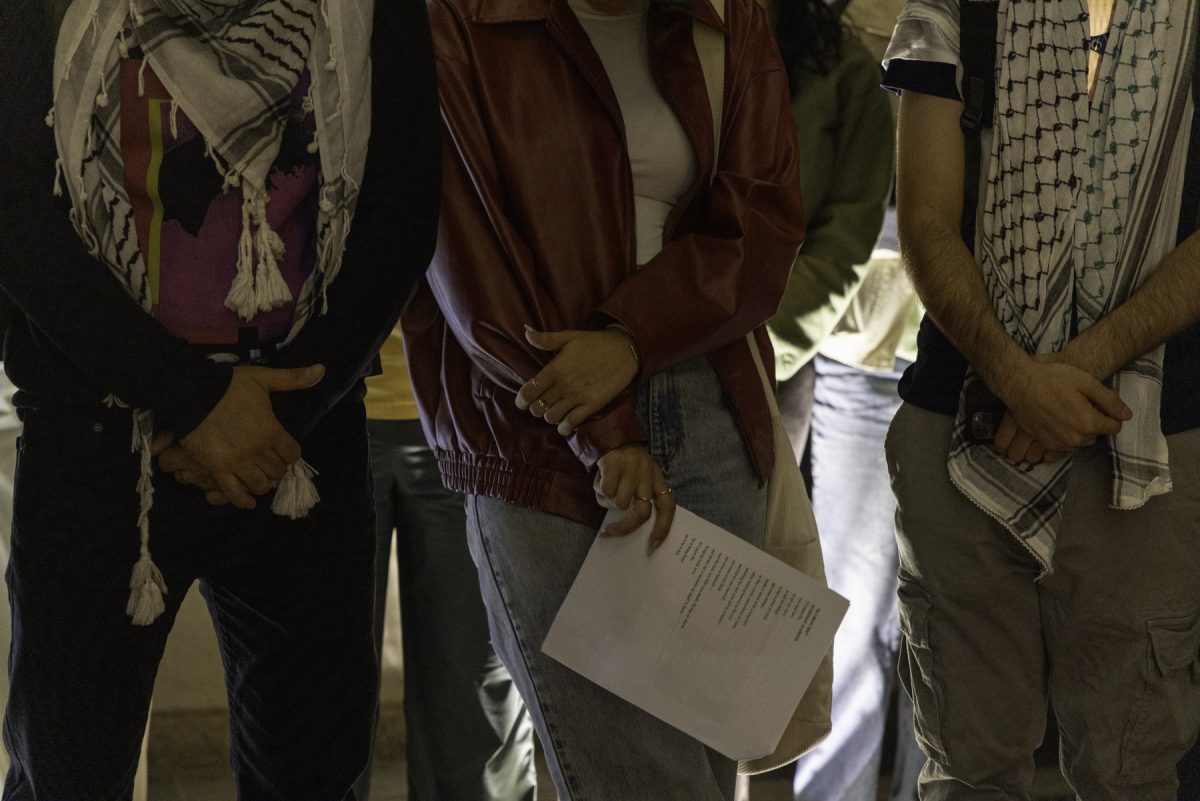



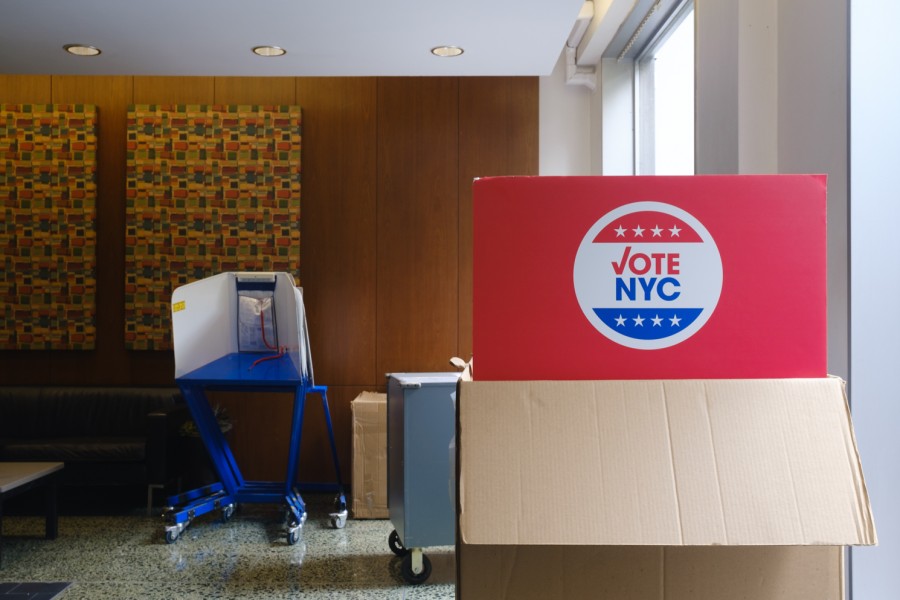








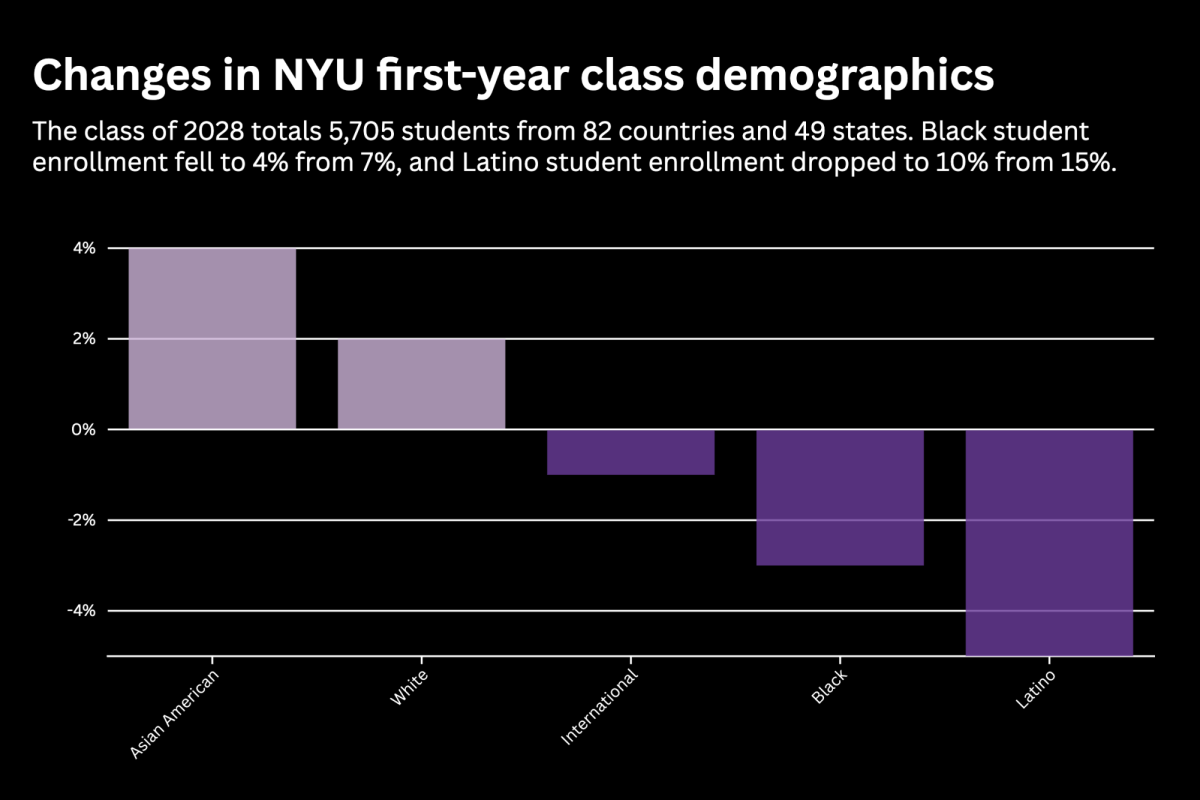






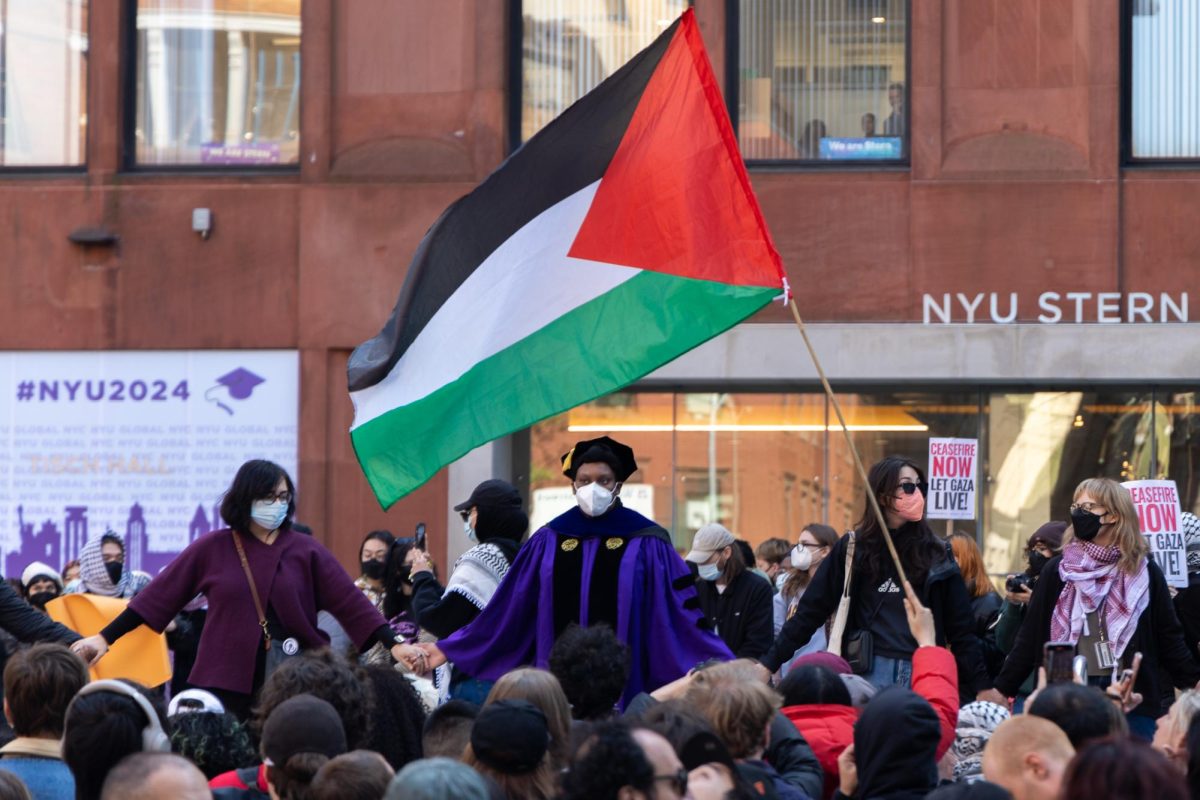
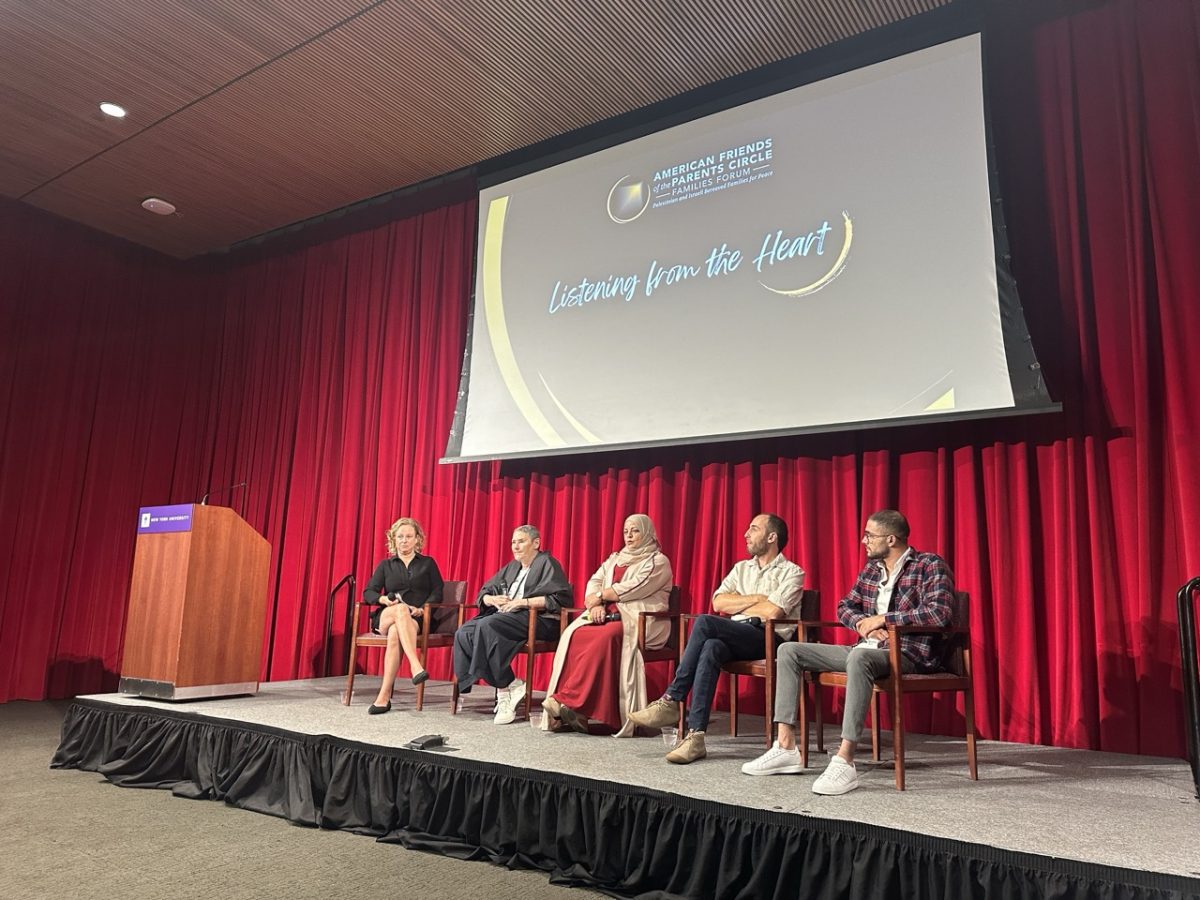

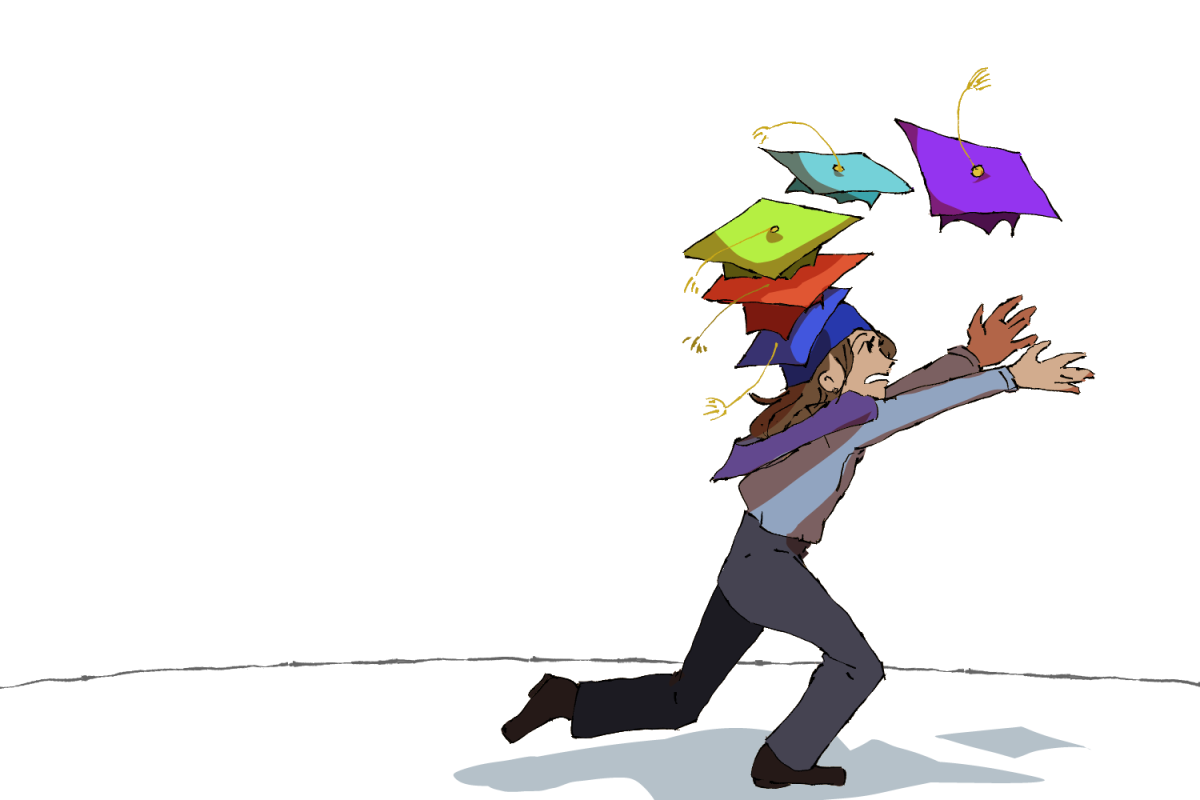





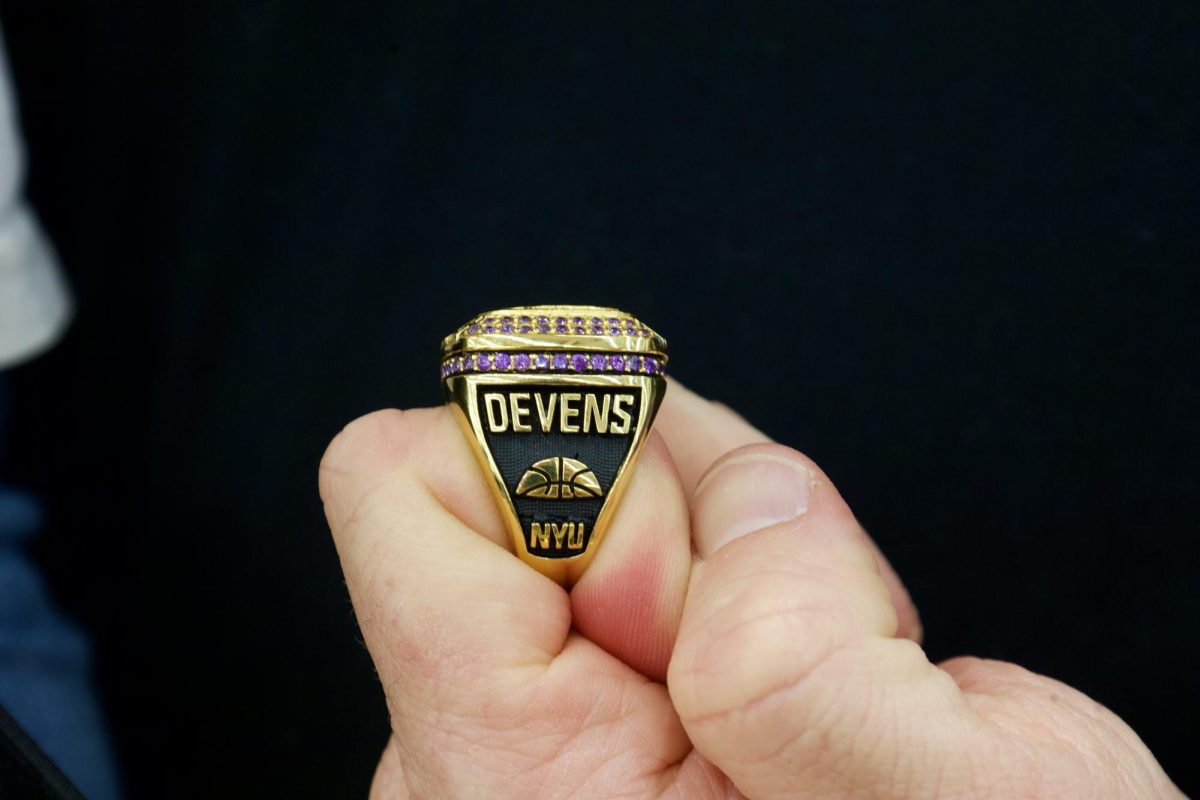

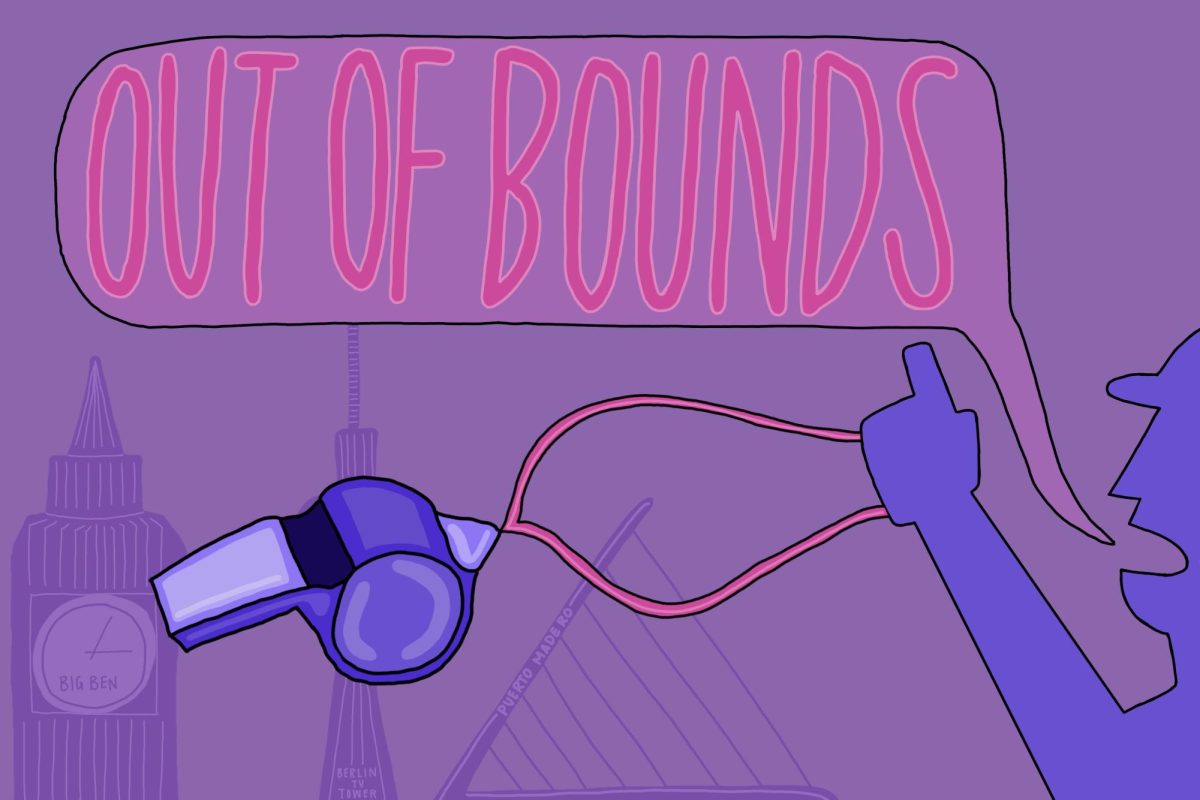
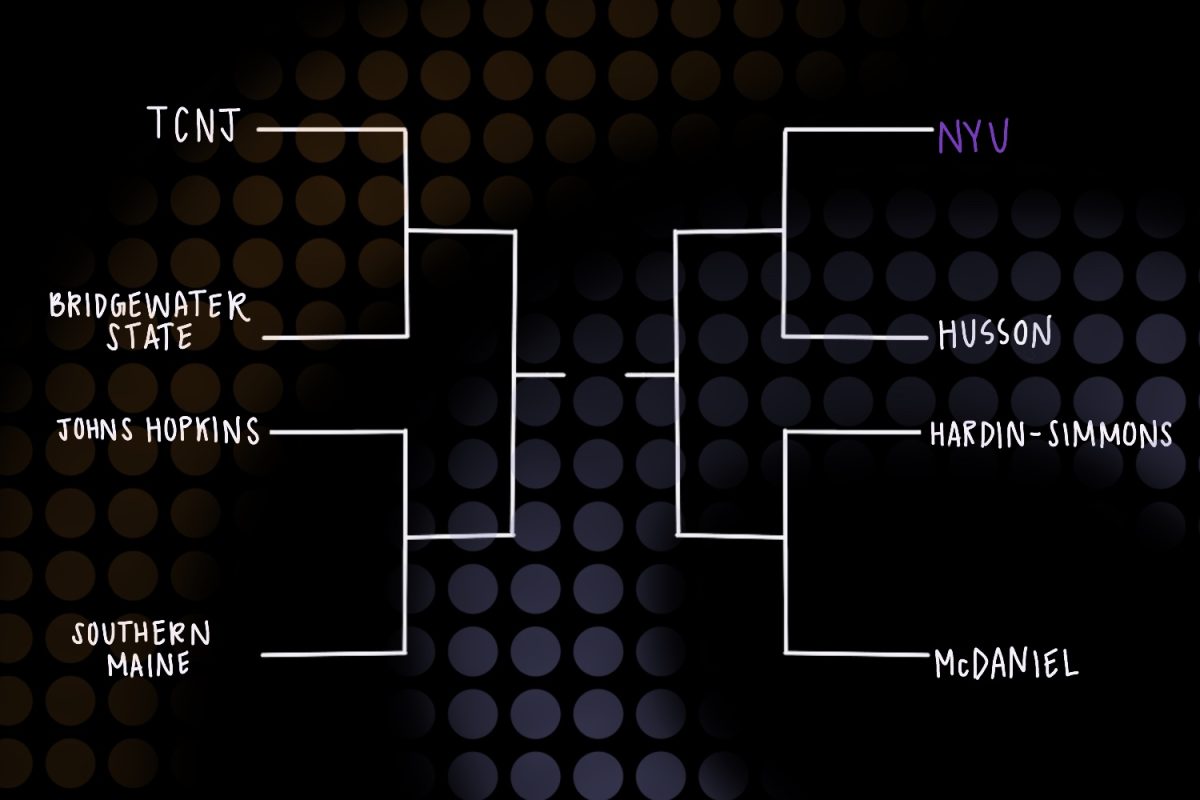
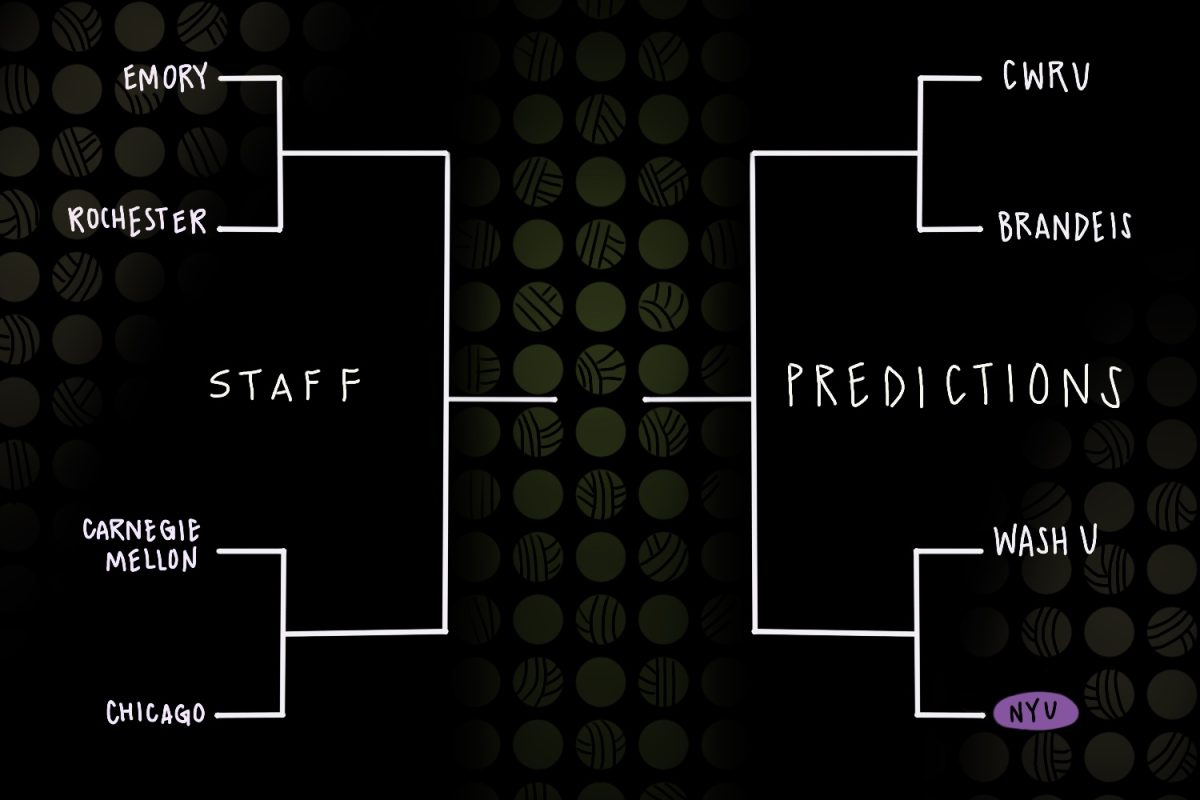

















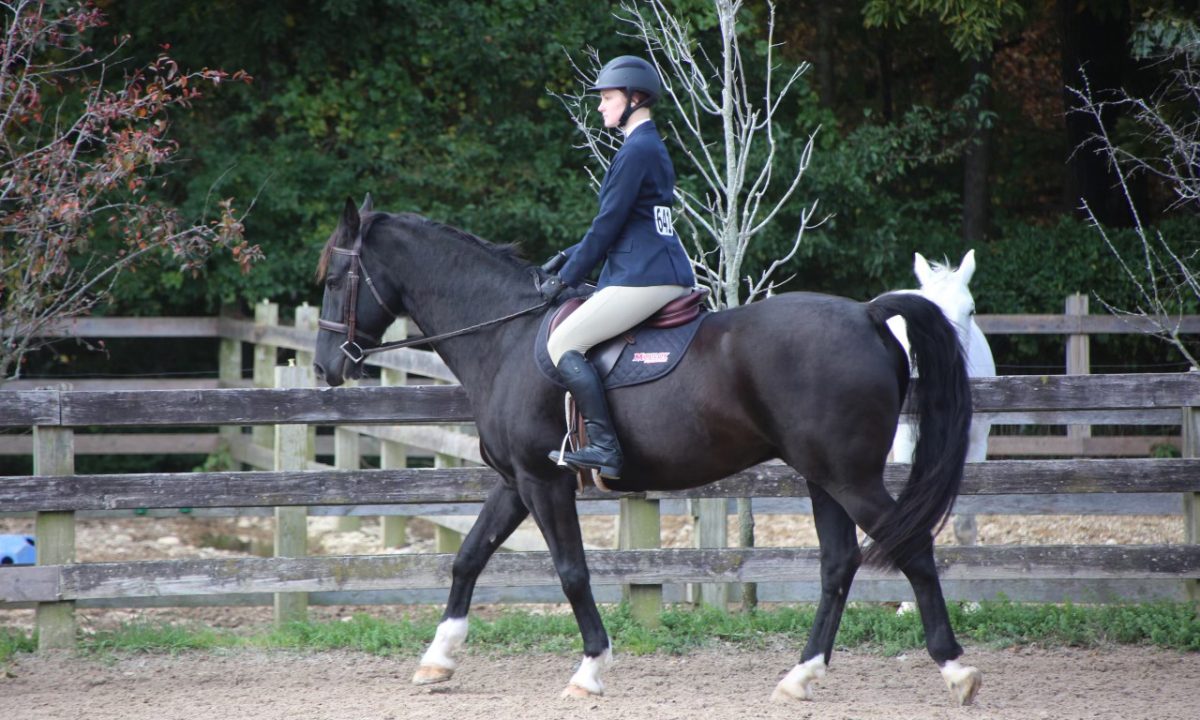
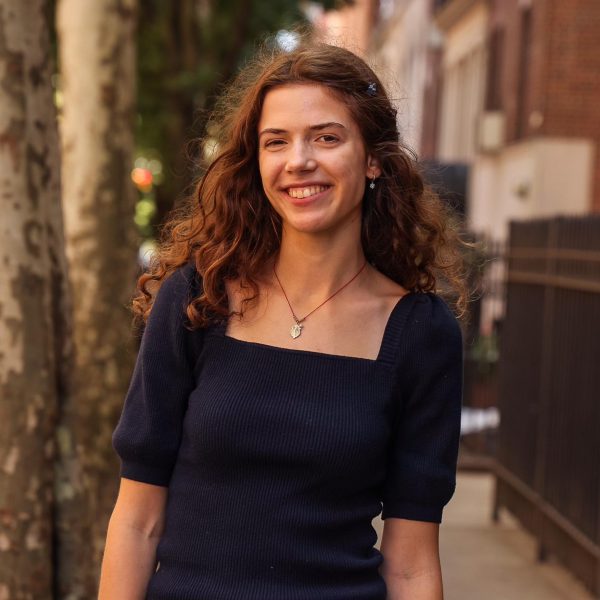
Clare • Nov 8, 2024 at 4:15 pm
And I’m still riding dressage at age 71 in Atlanta!
Can’t imagine a day without my horse
Maryann Donnelly • Oct 31, 2024 at 4:48 pm
Great job of bringing the art of horseback riding to public awareness. I fondly recall showing my horse “Trixie “ at the 4-H fair; what ever we practiced, especially backing up, she obstinately refused to do!!😊